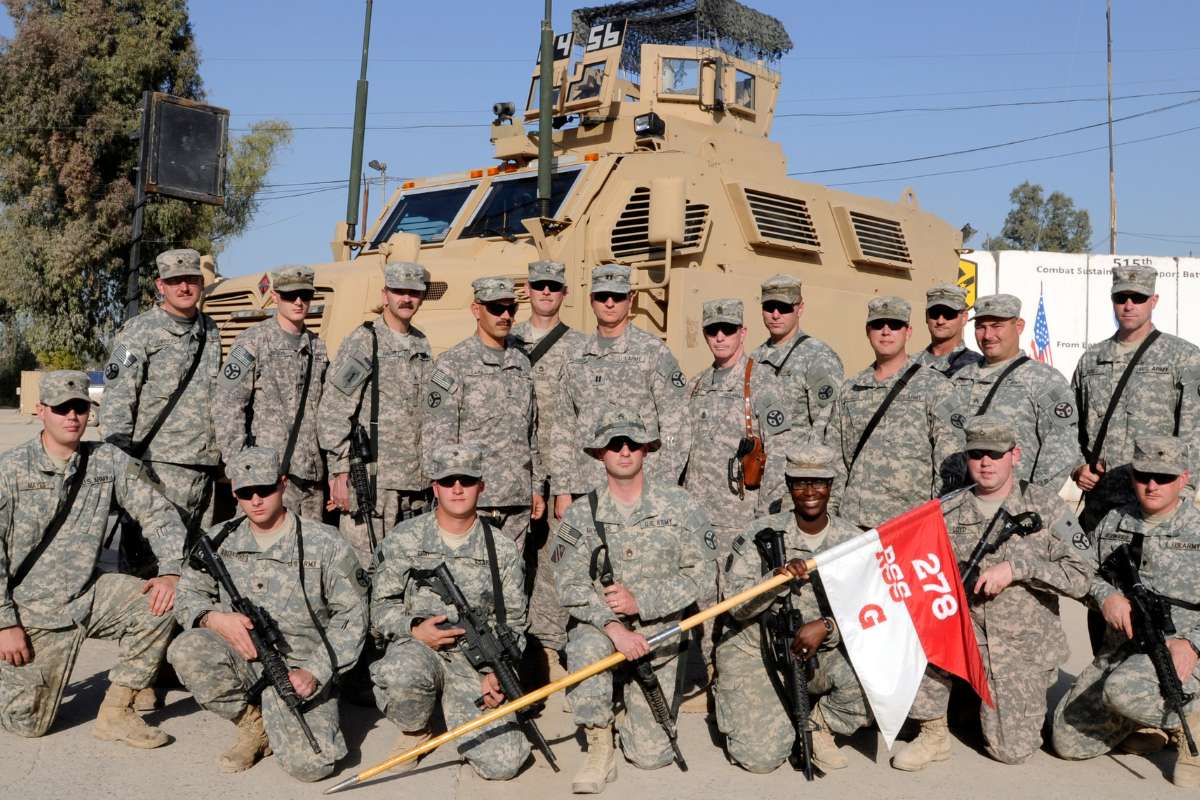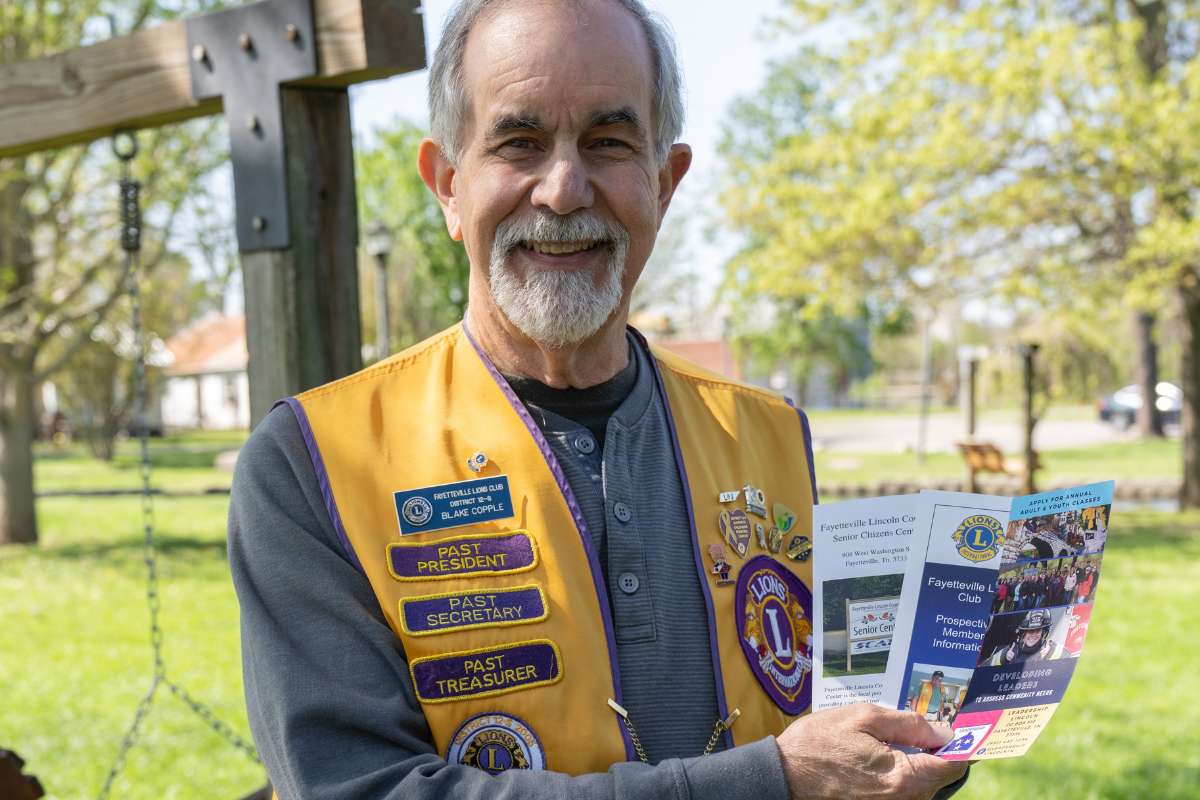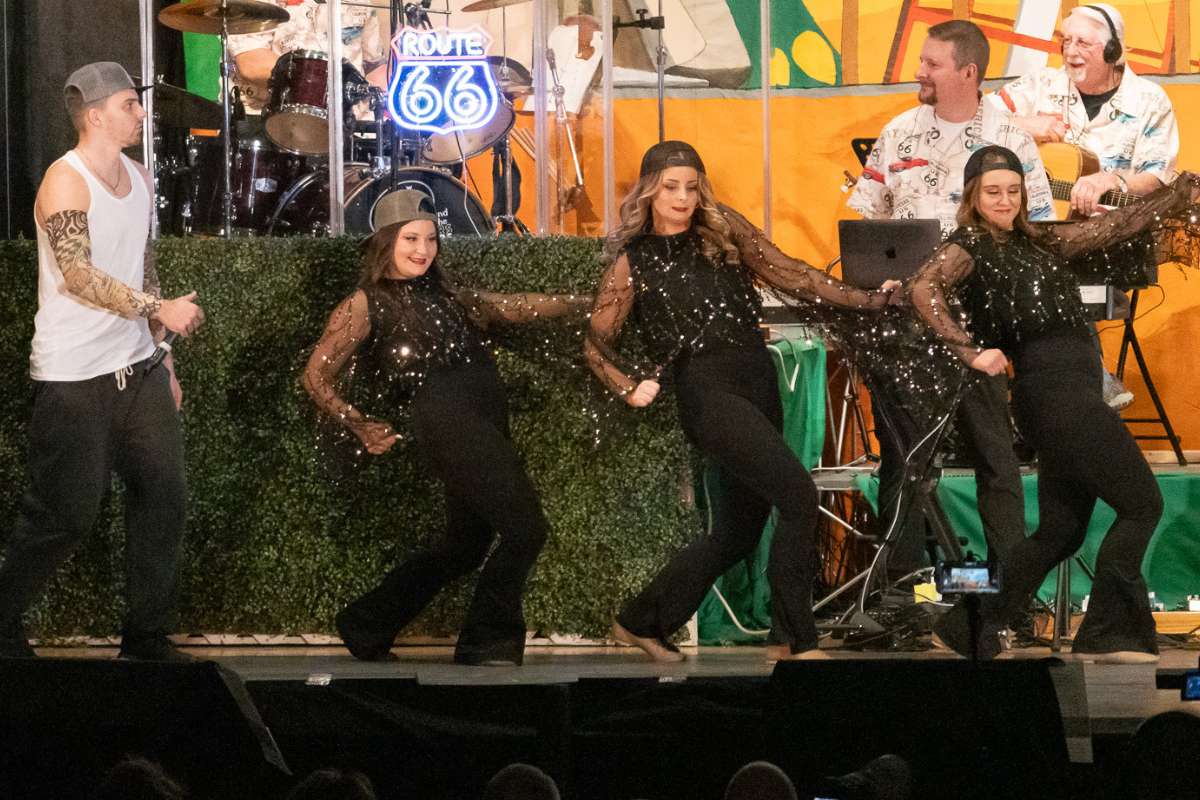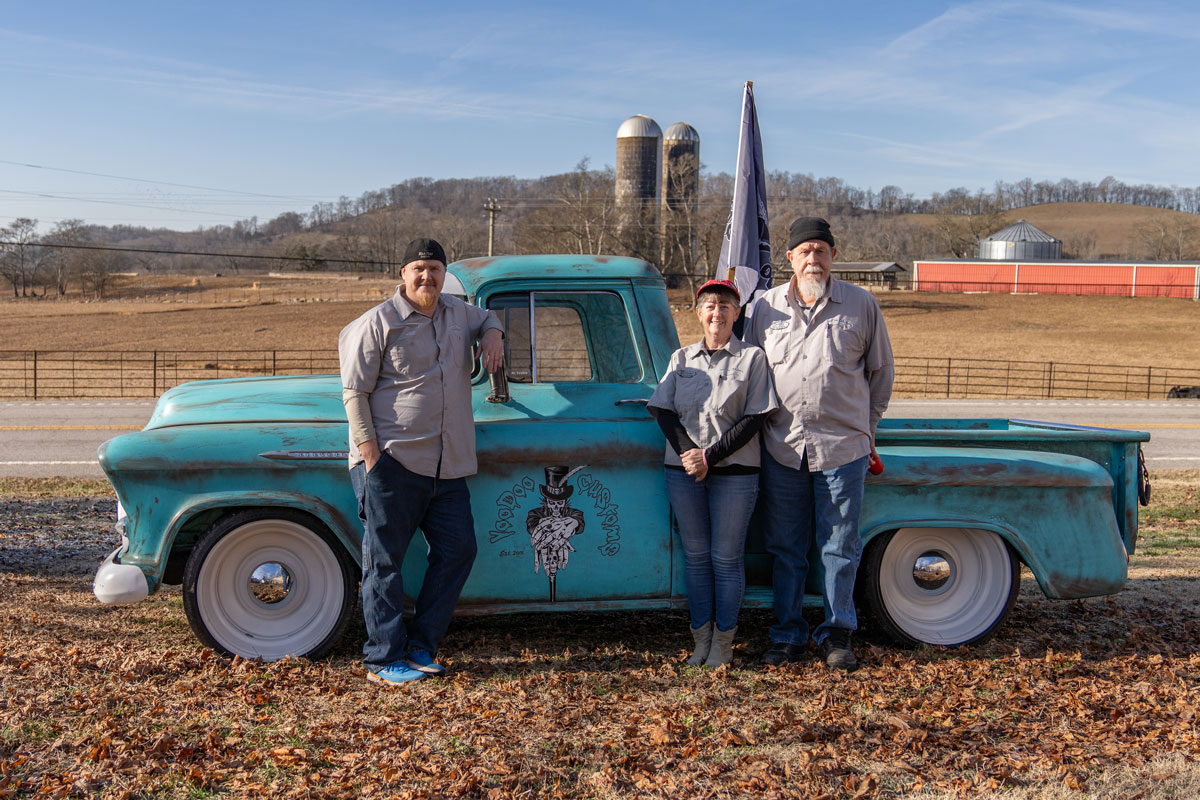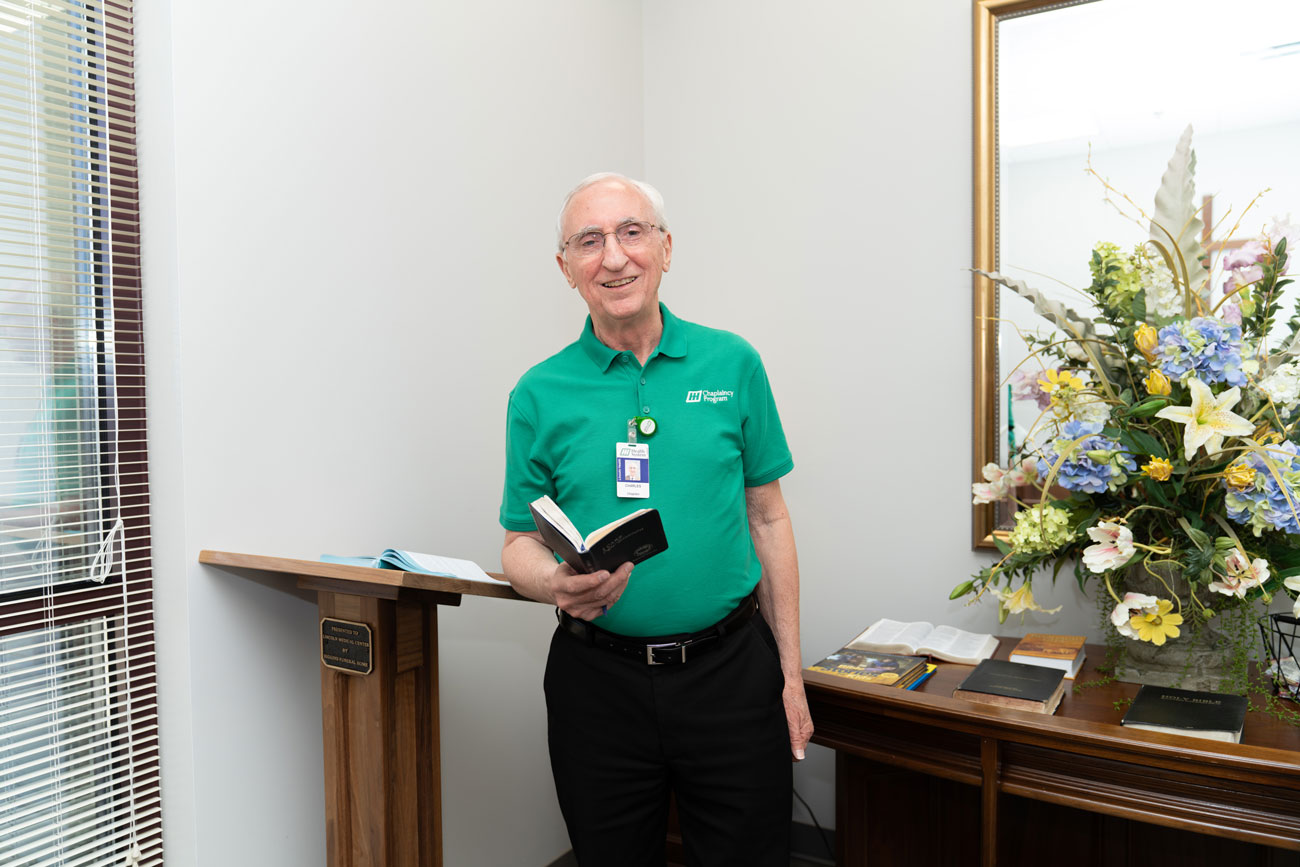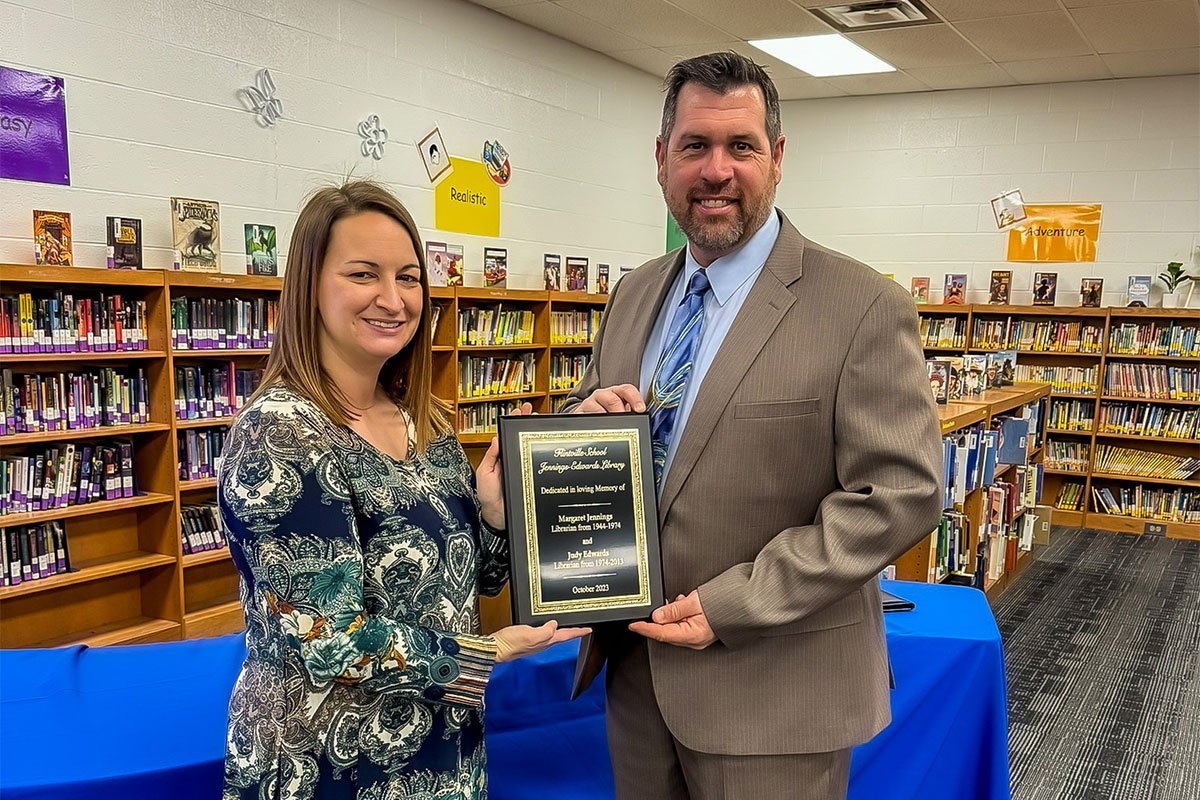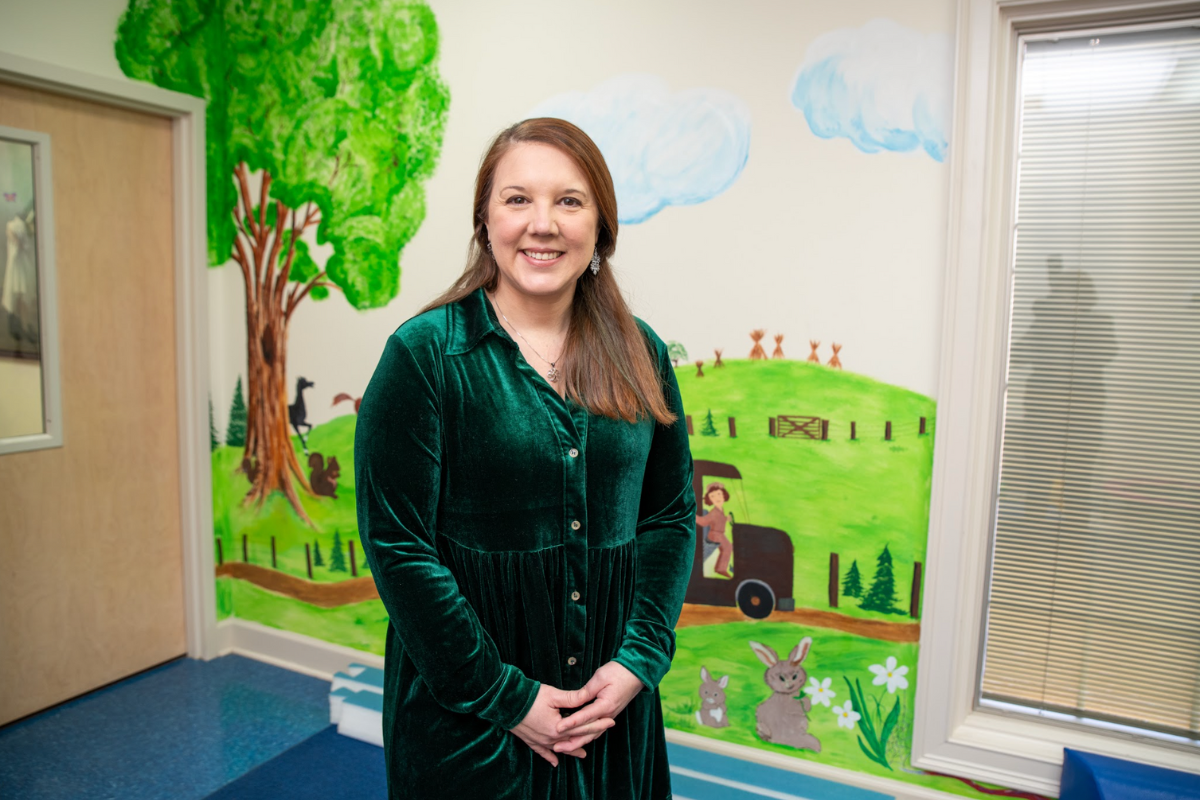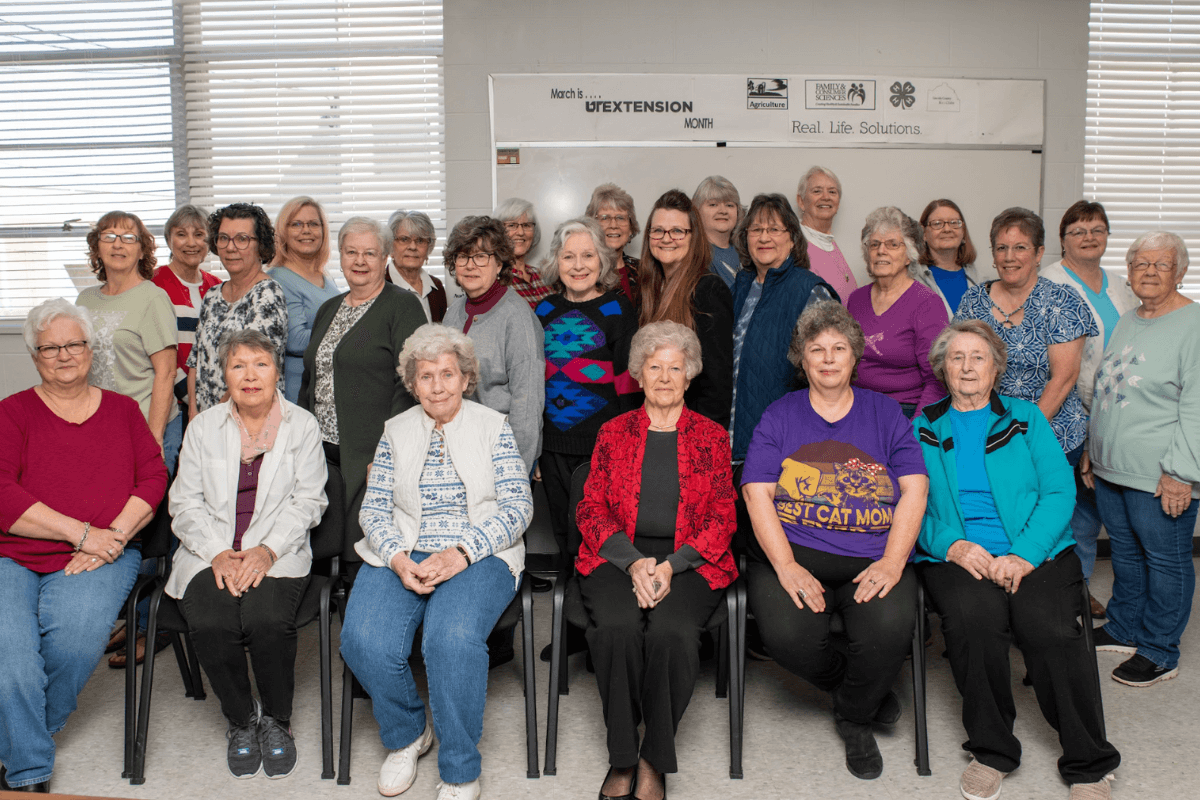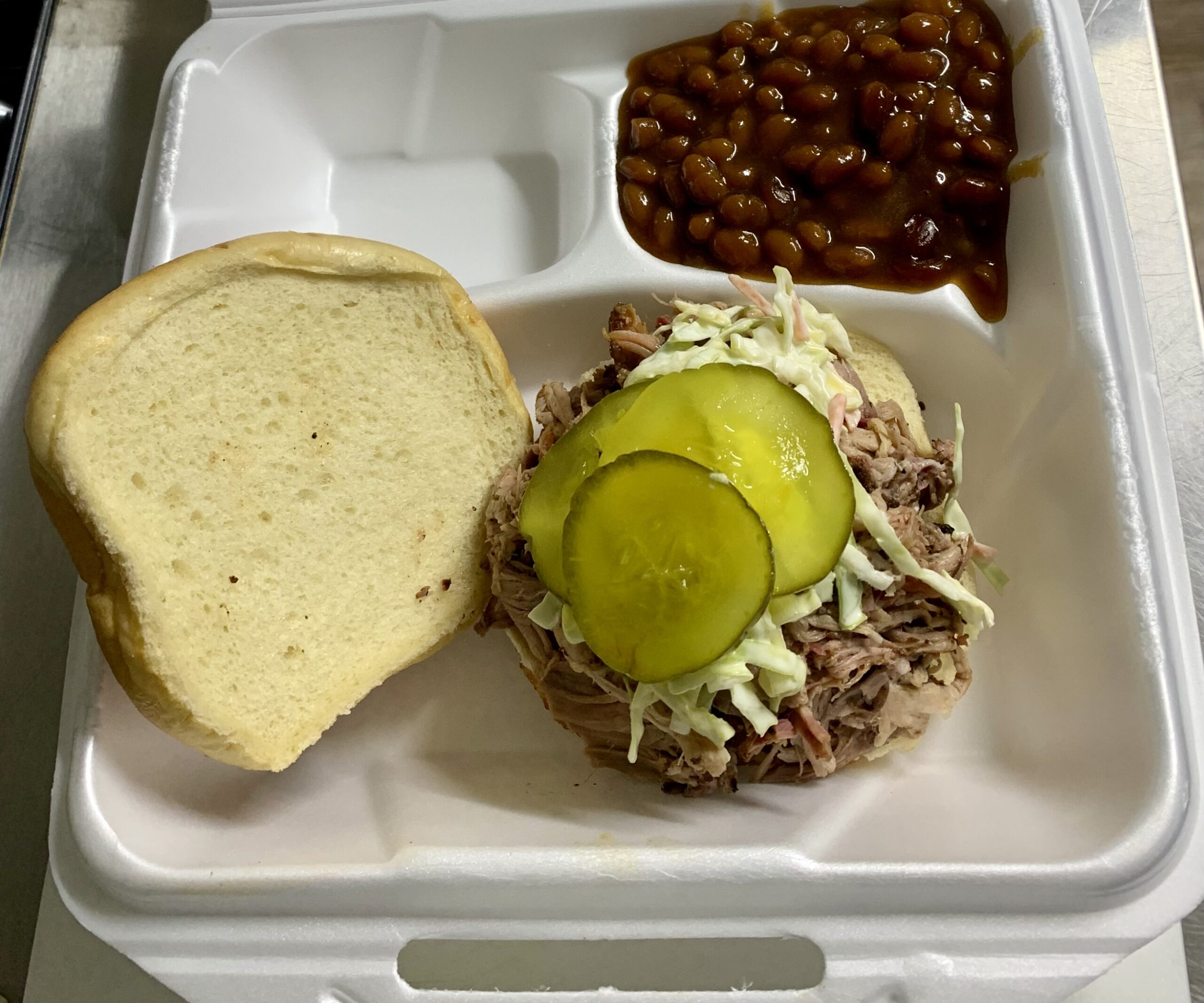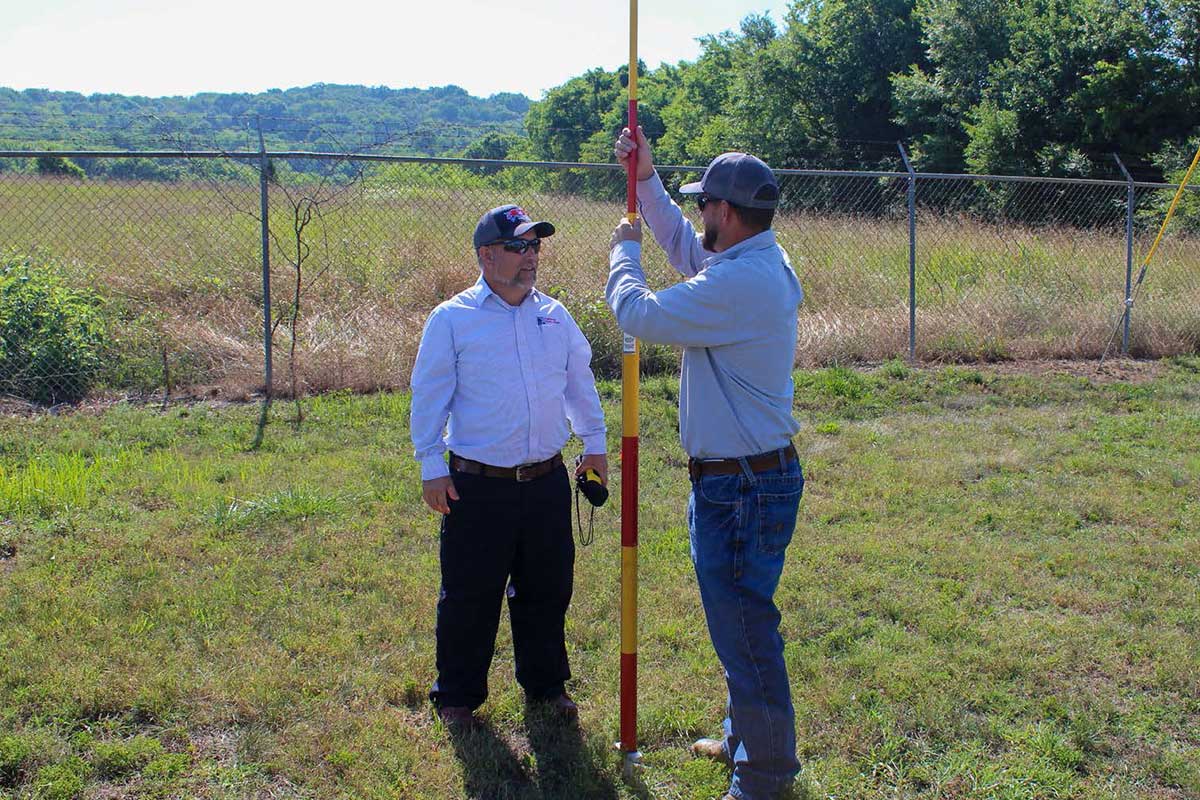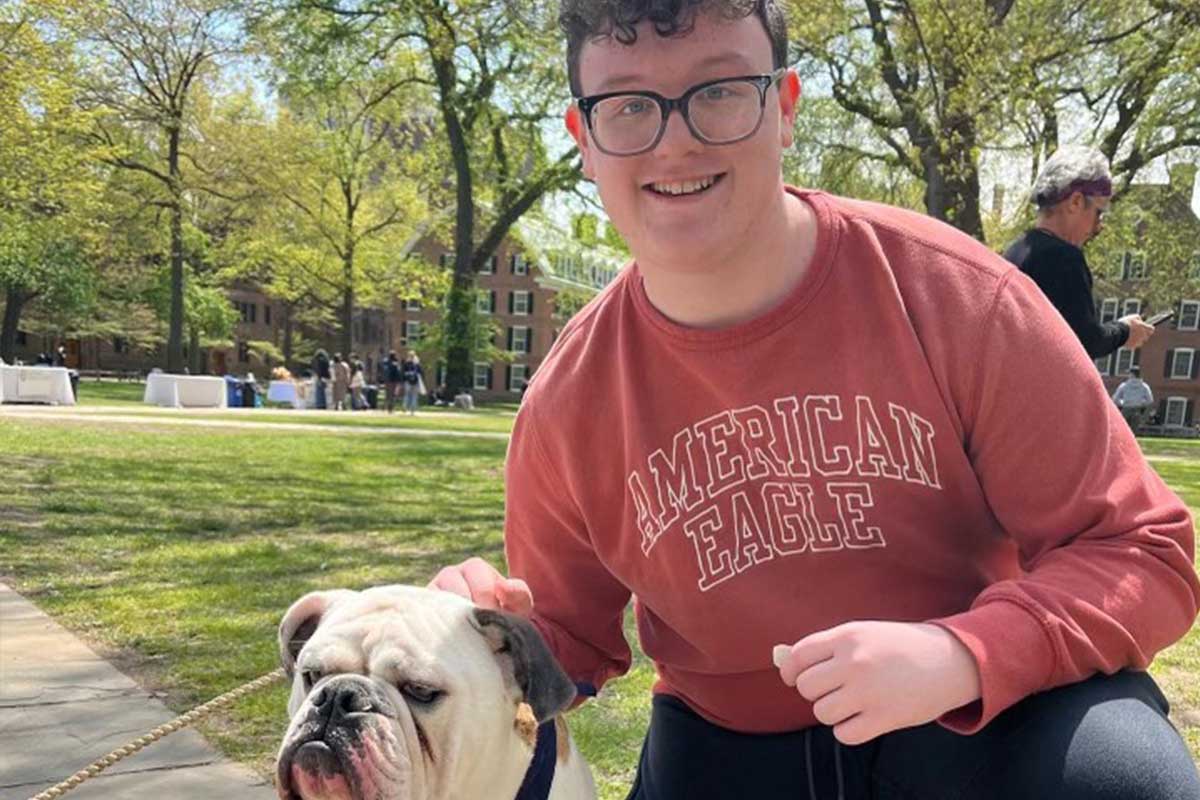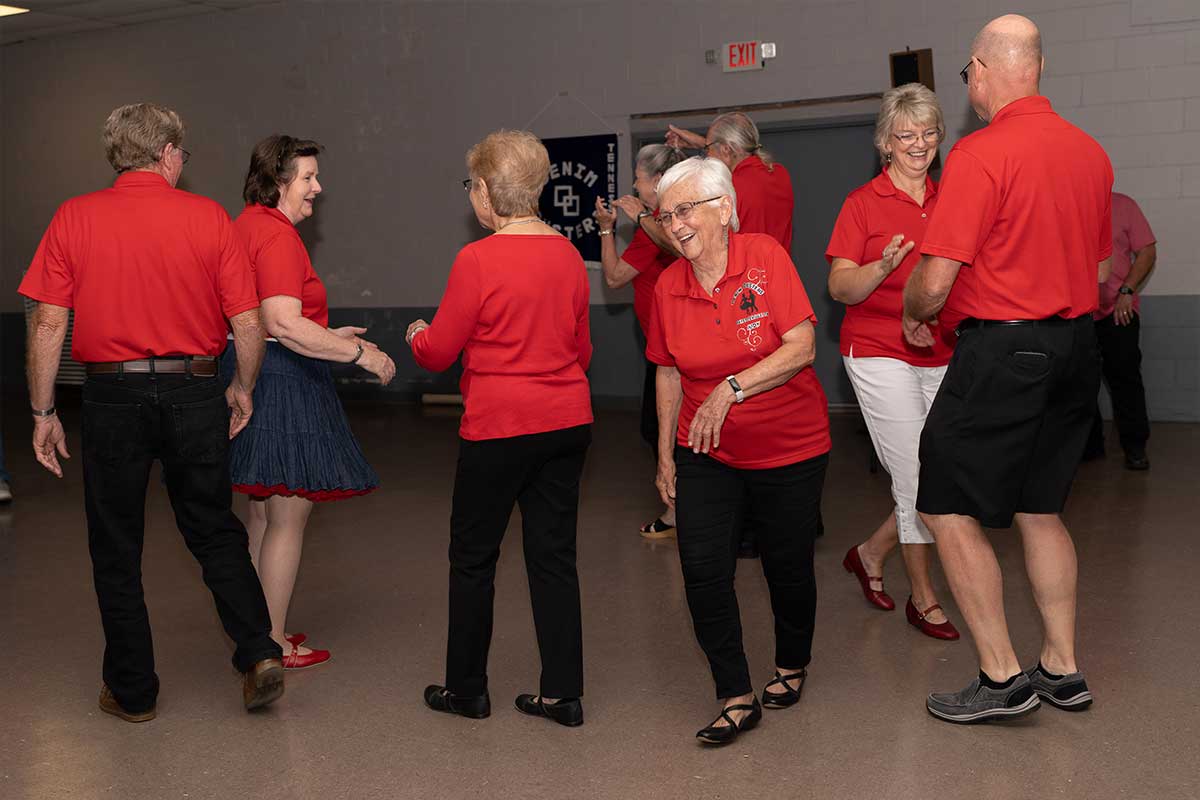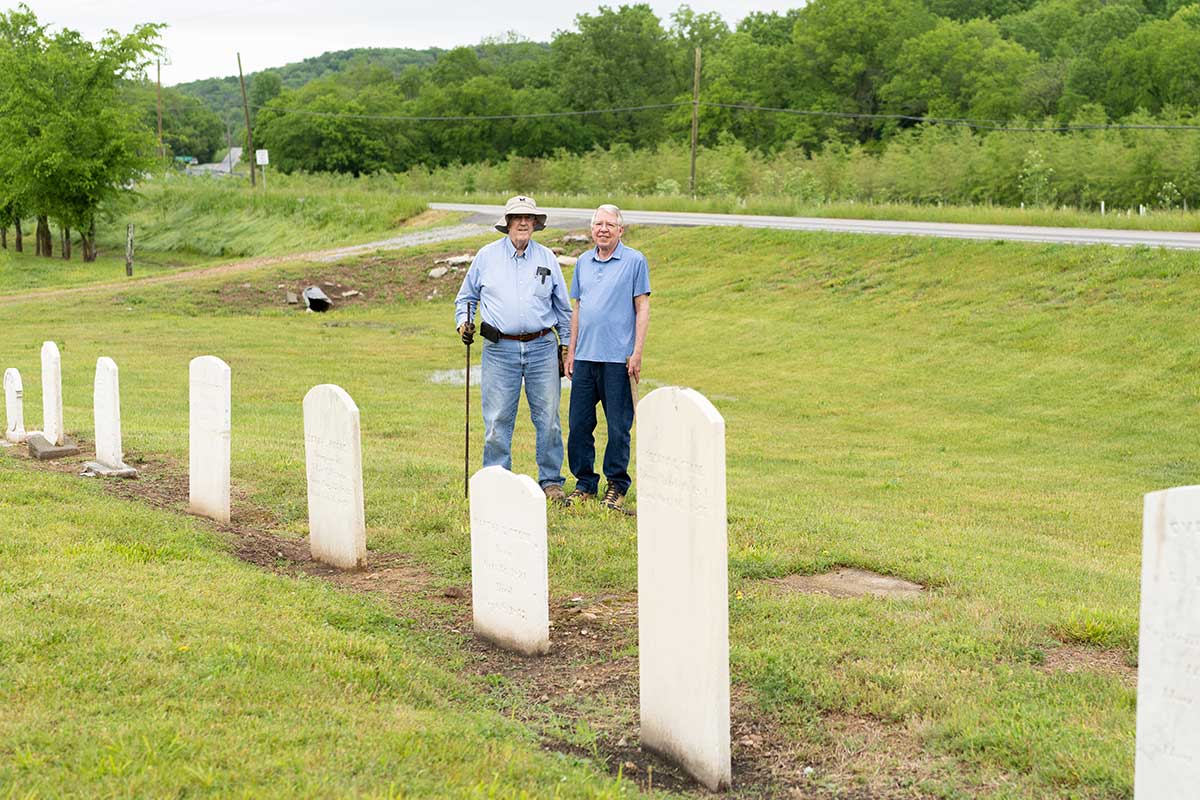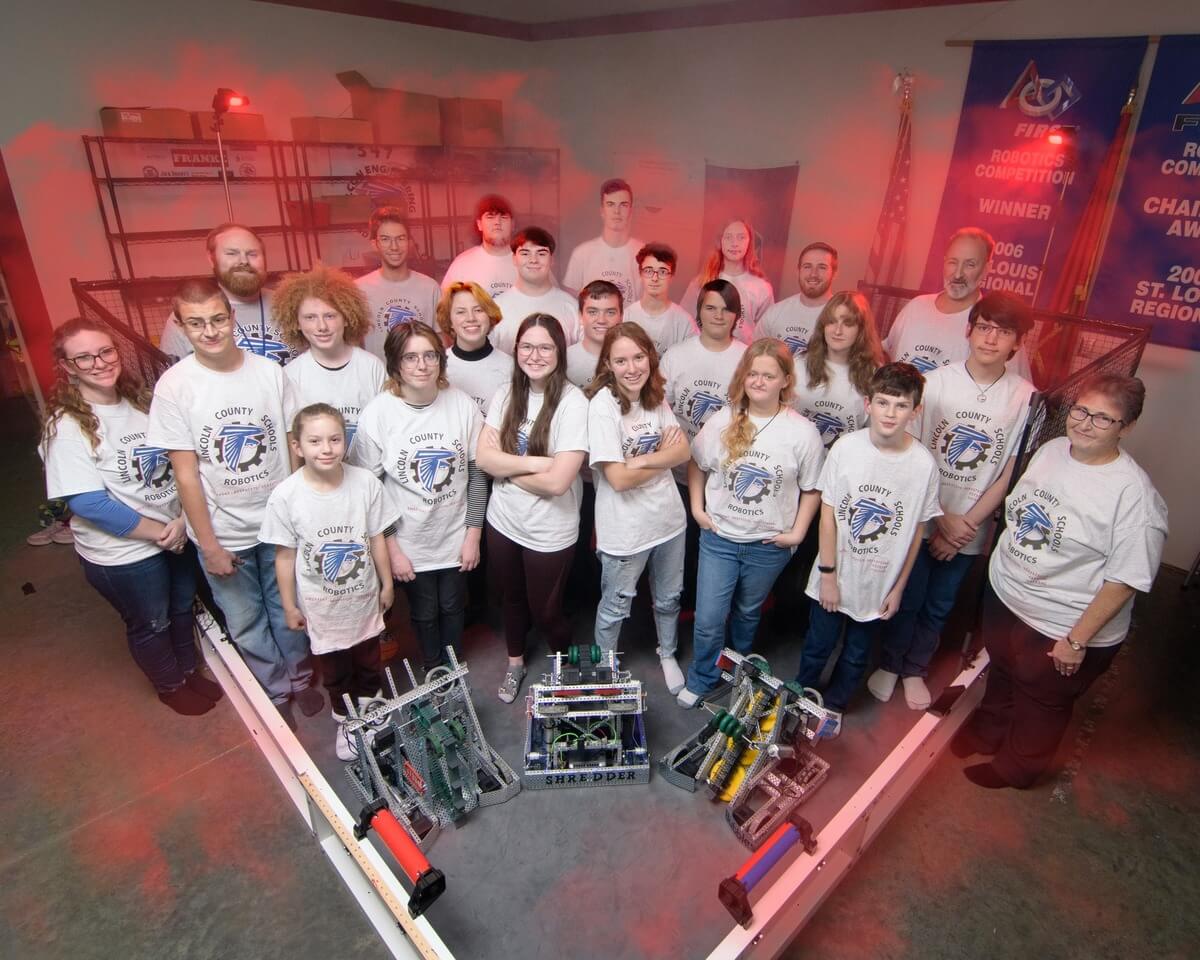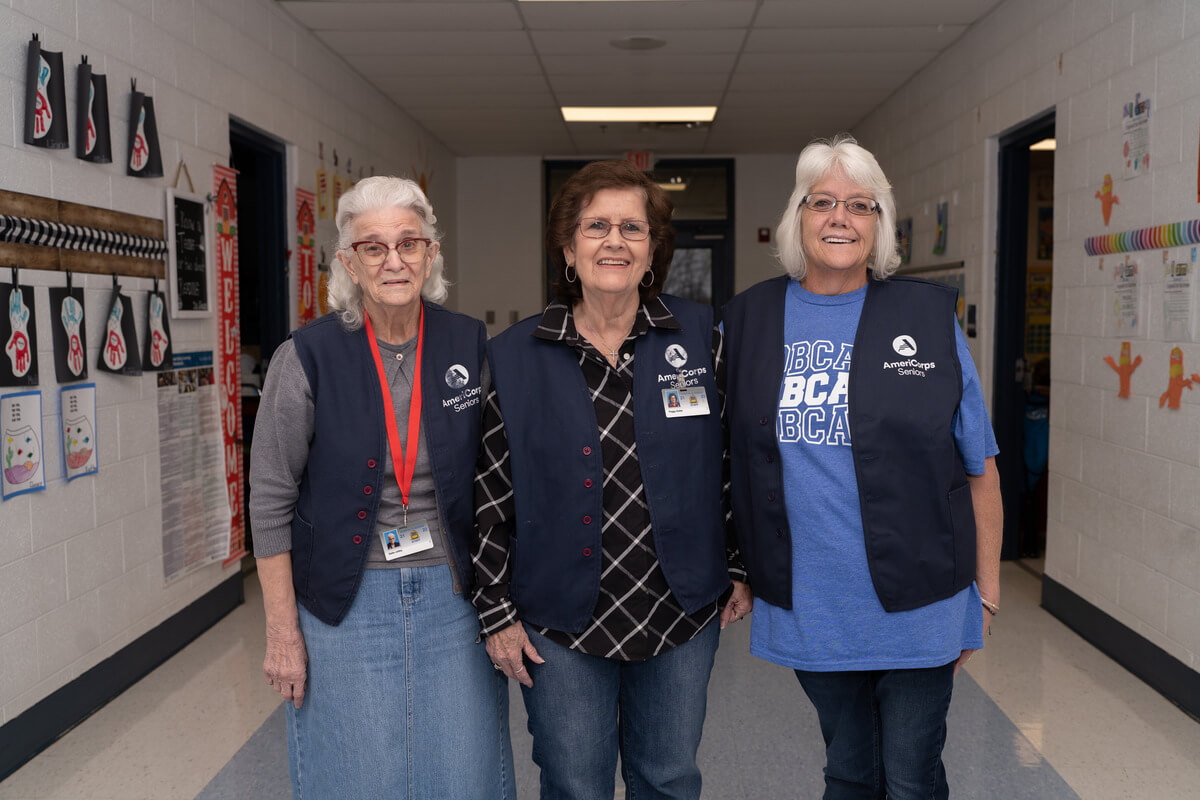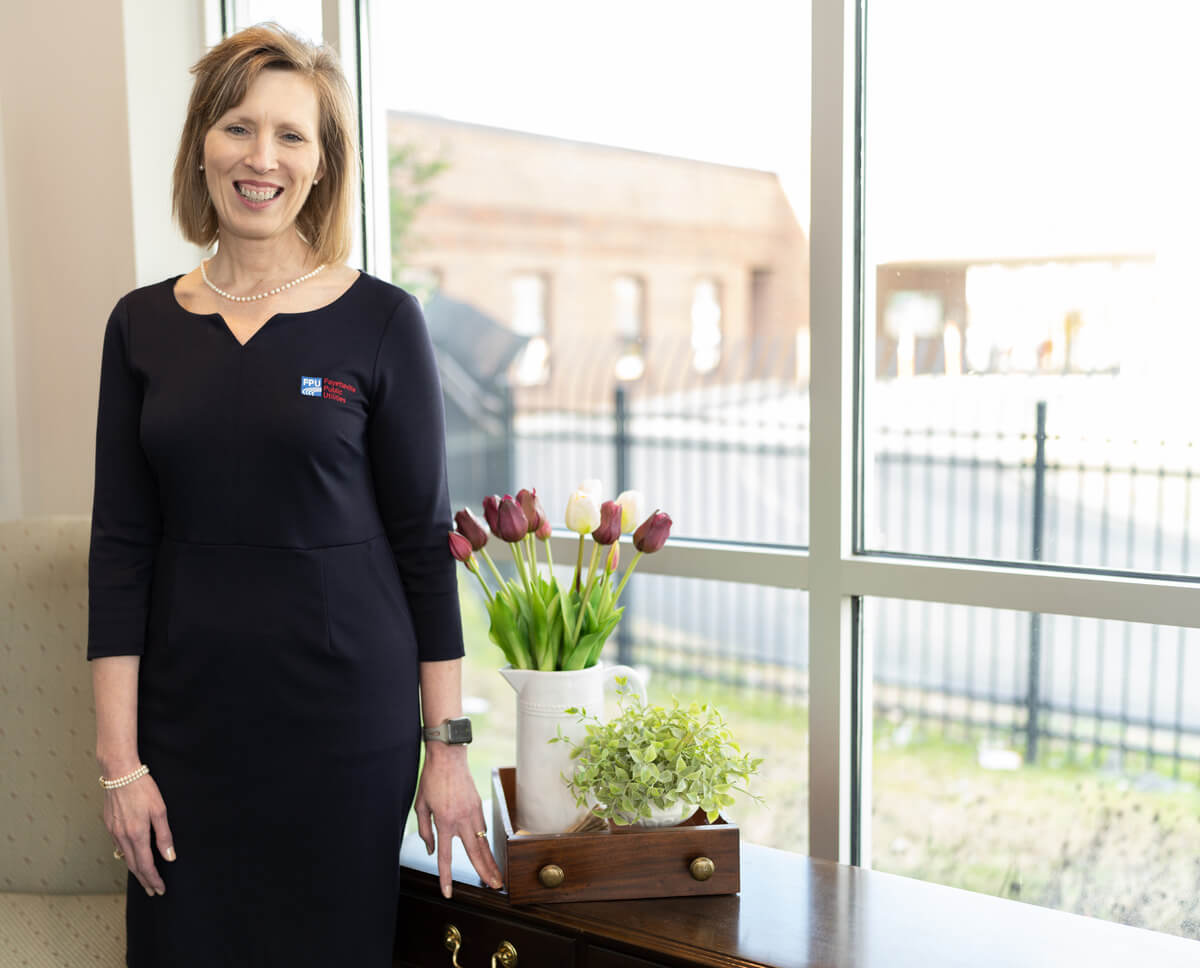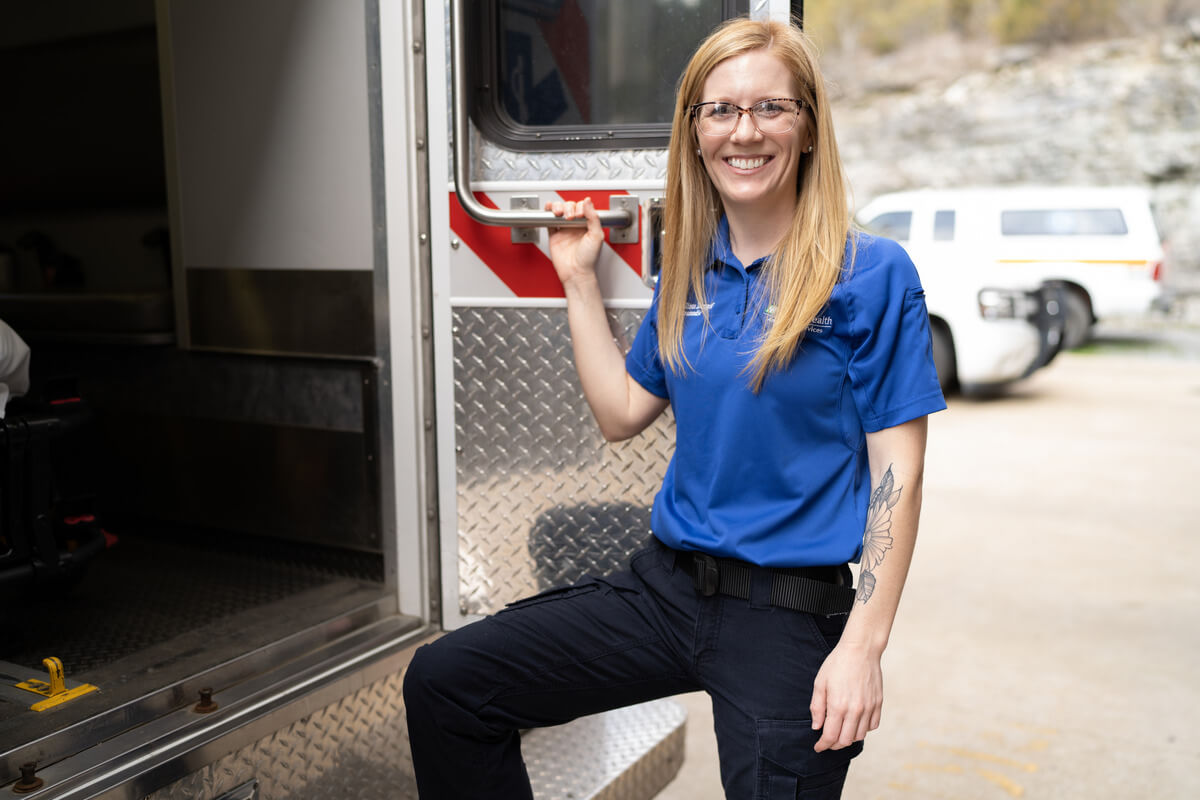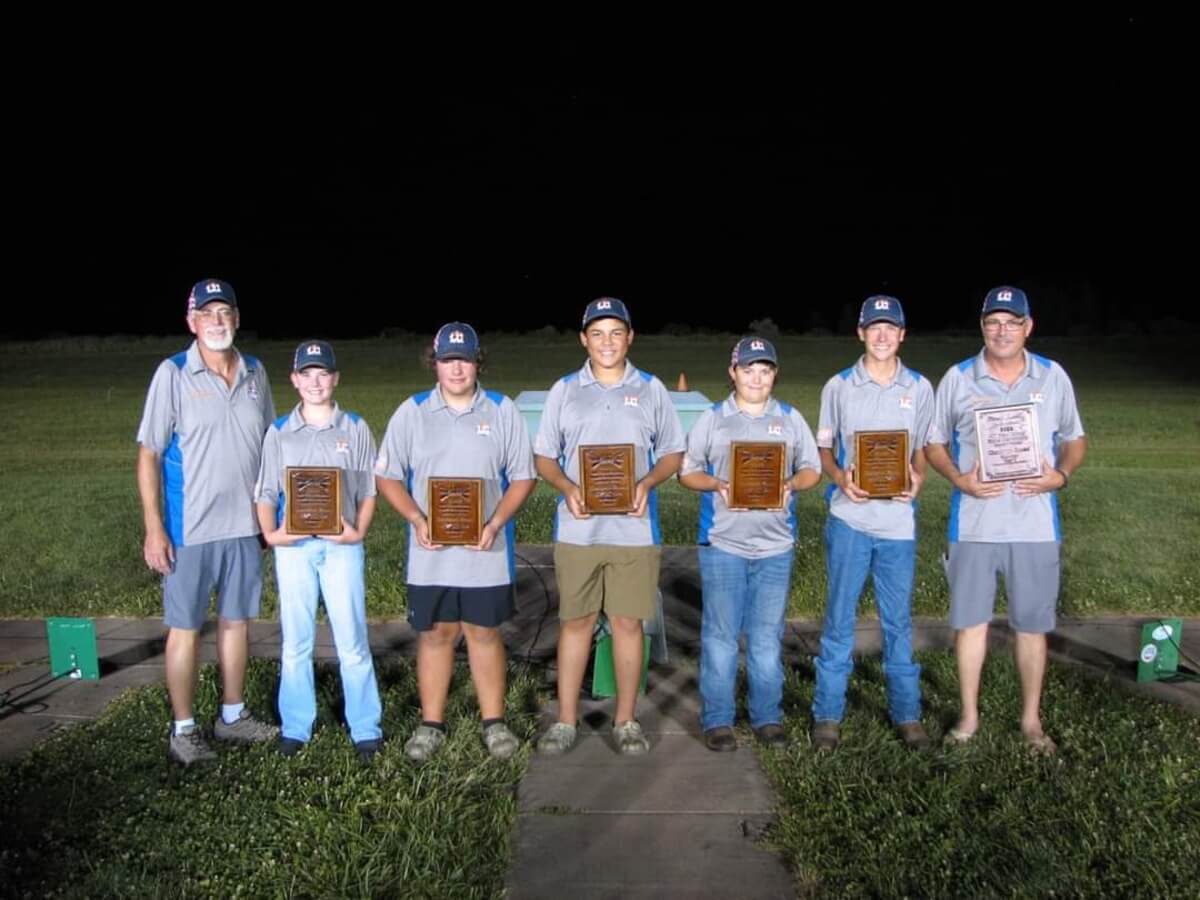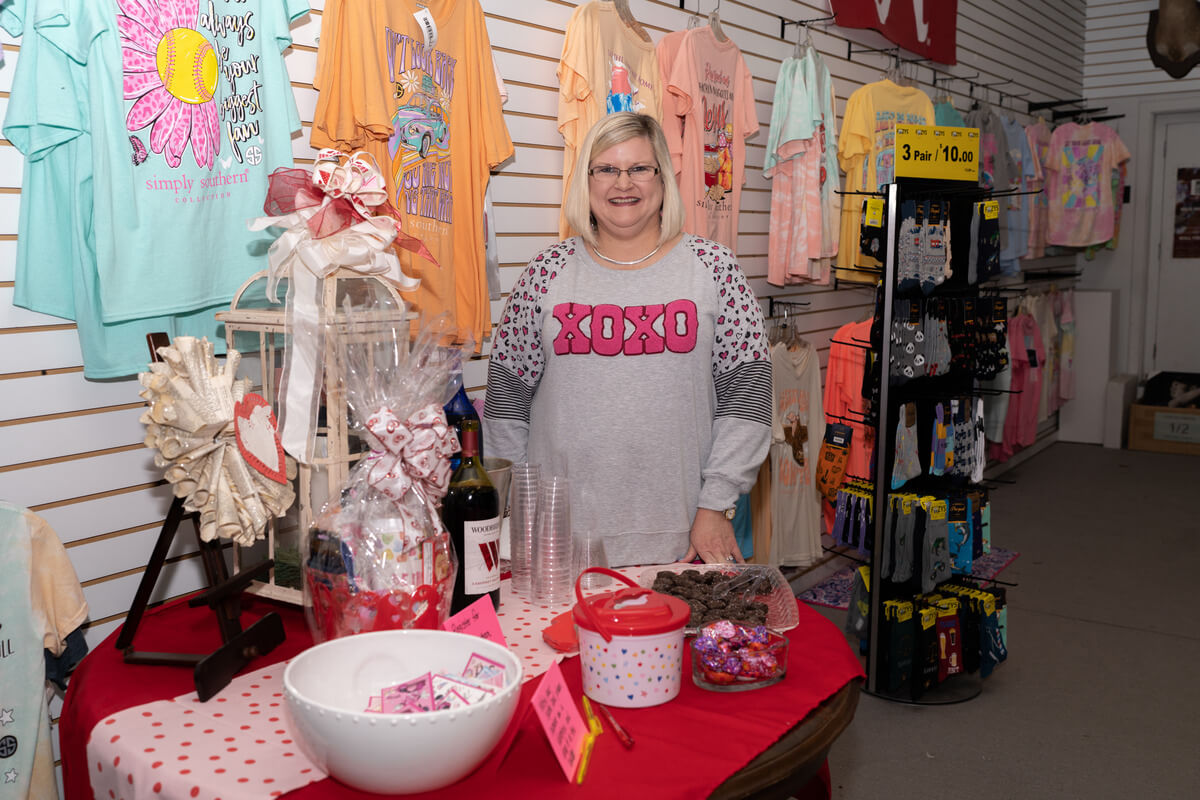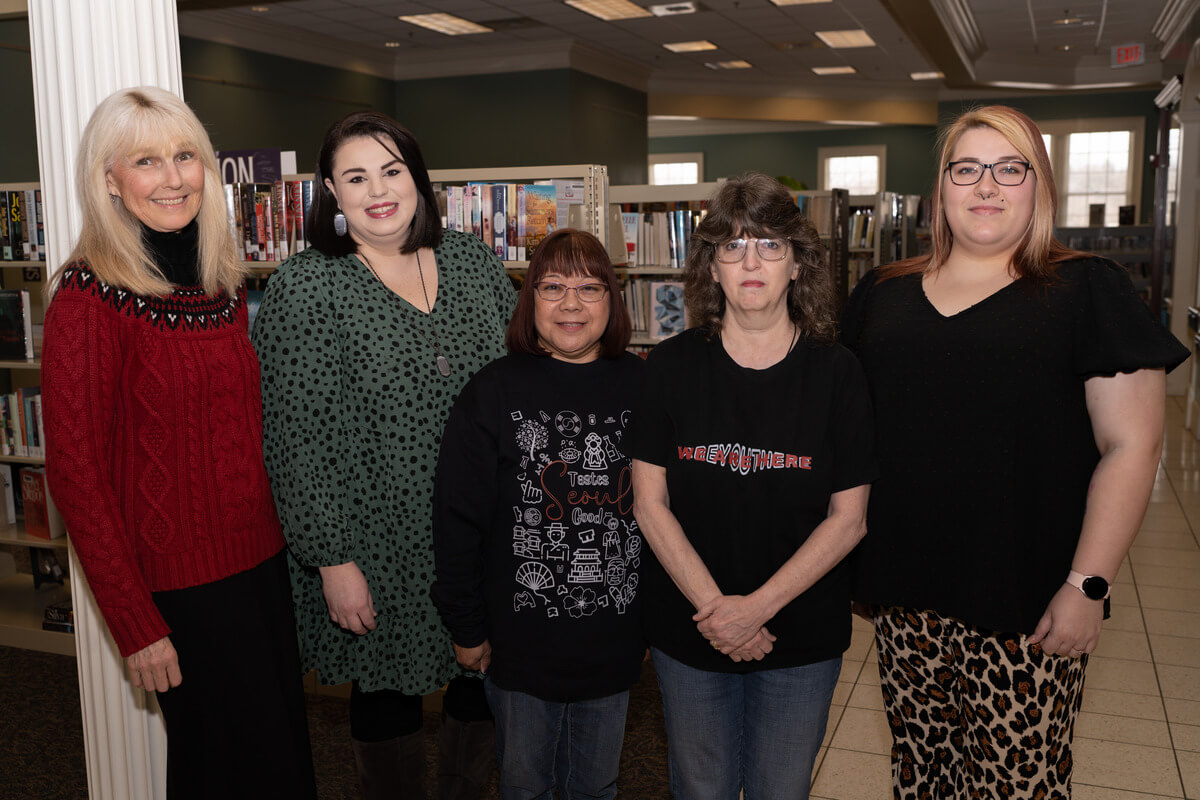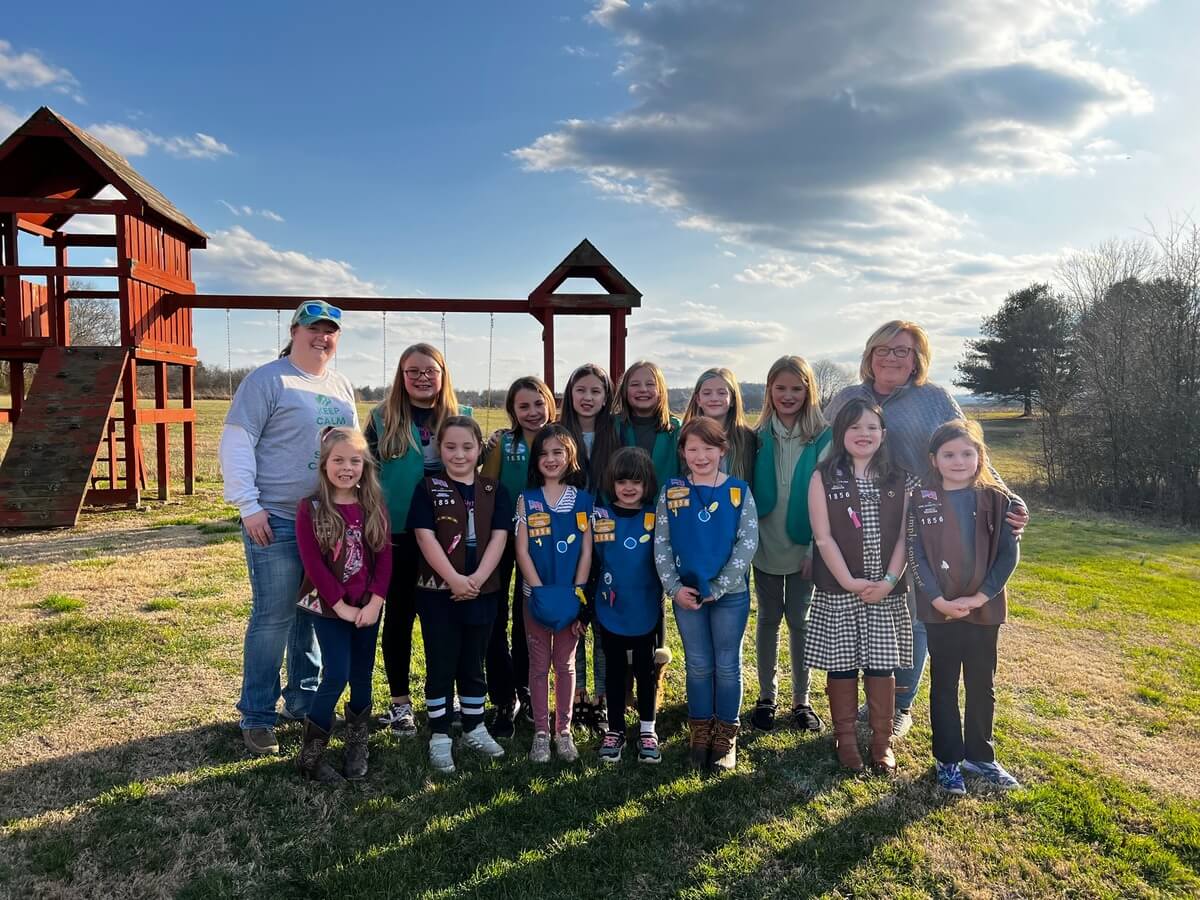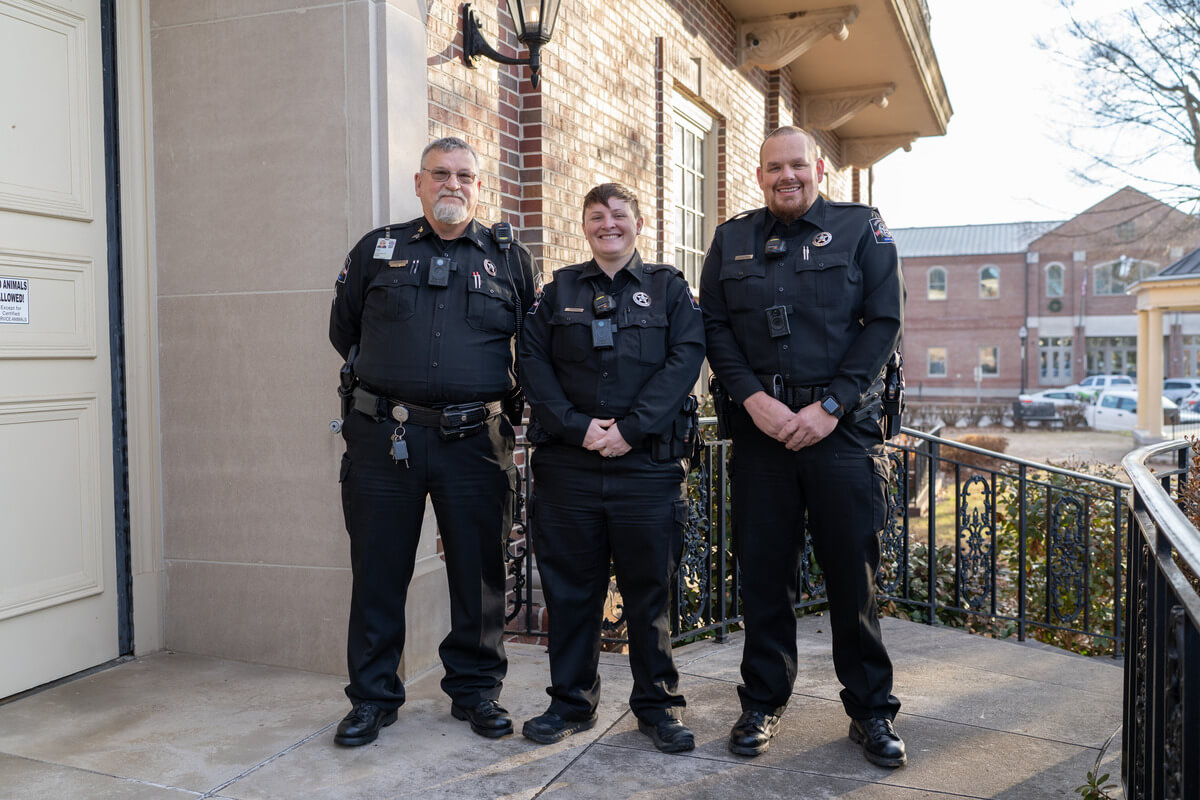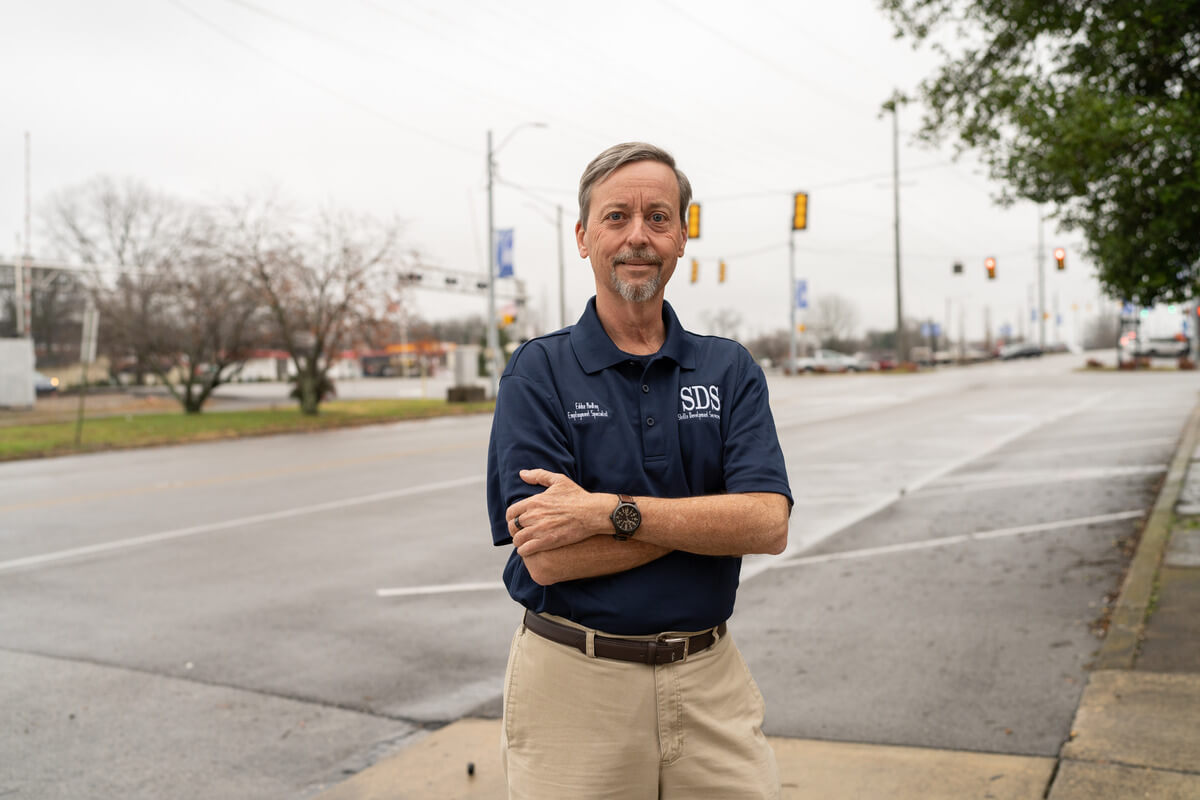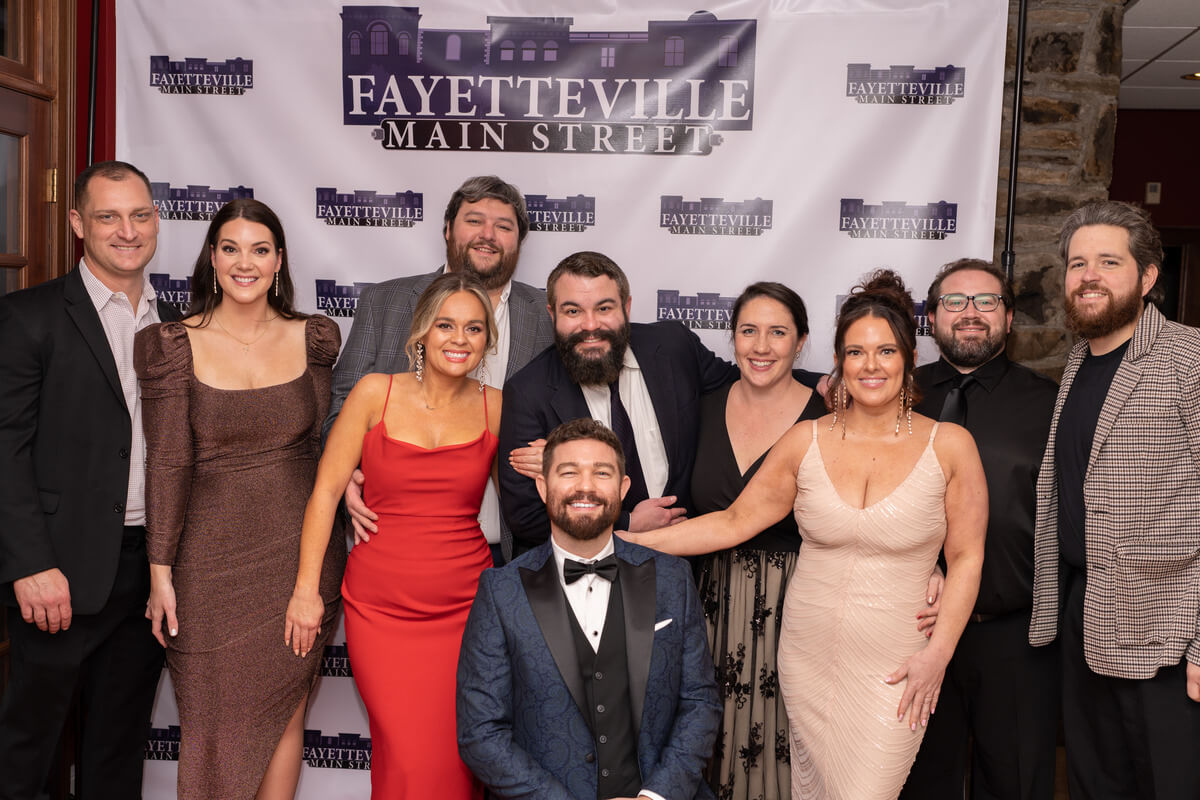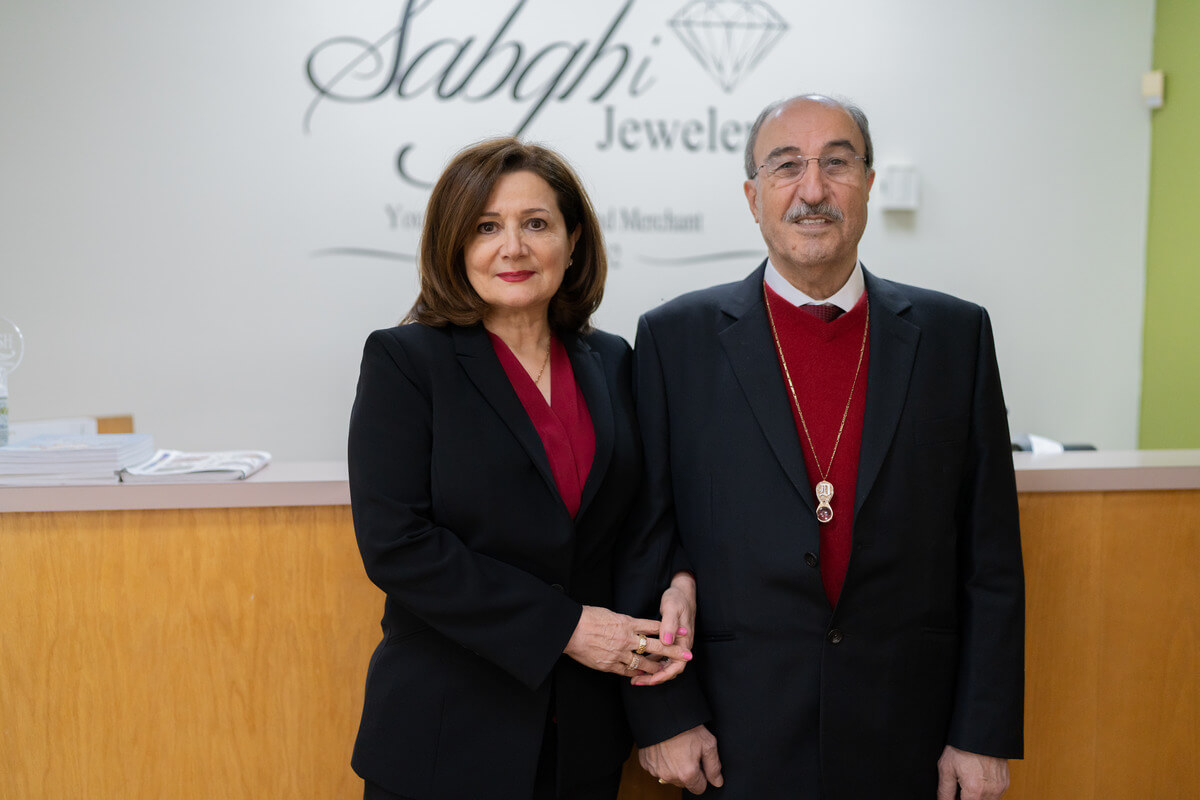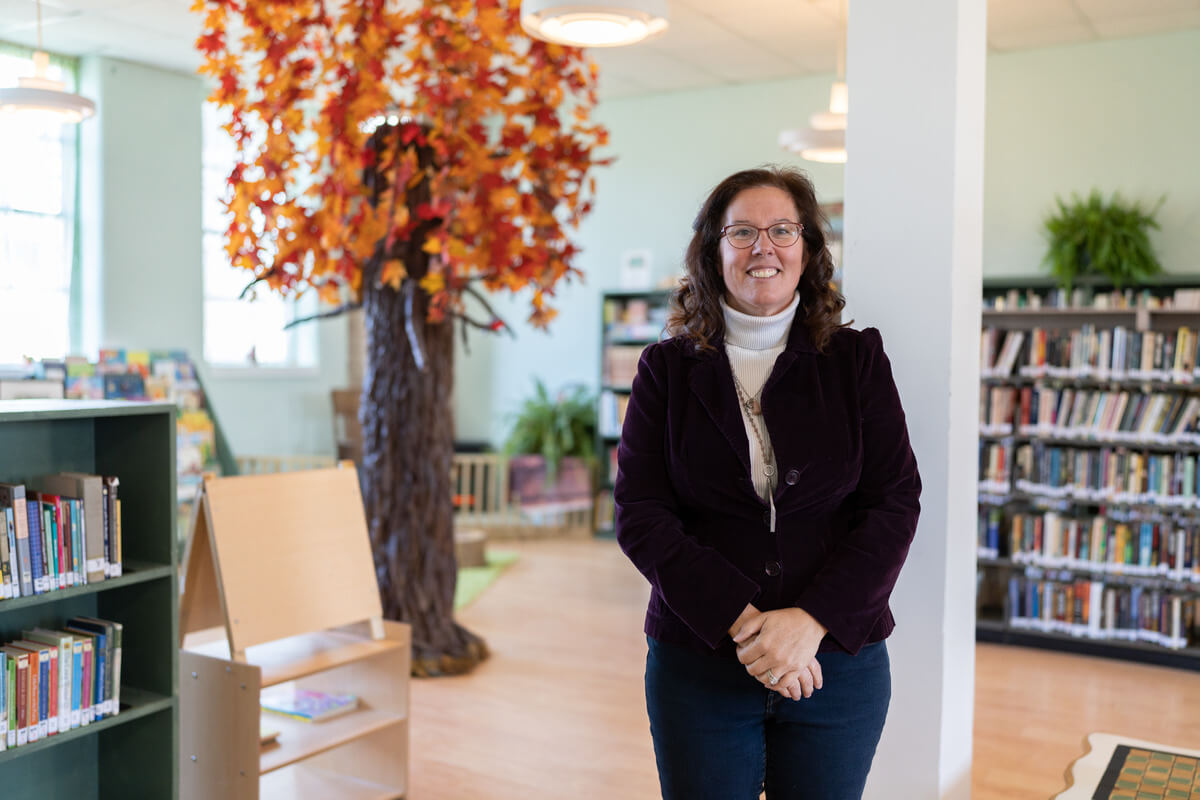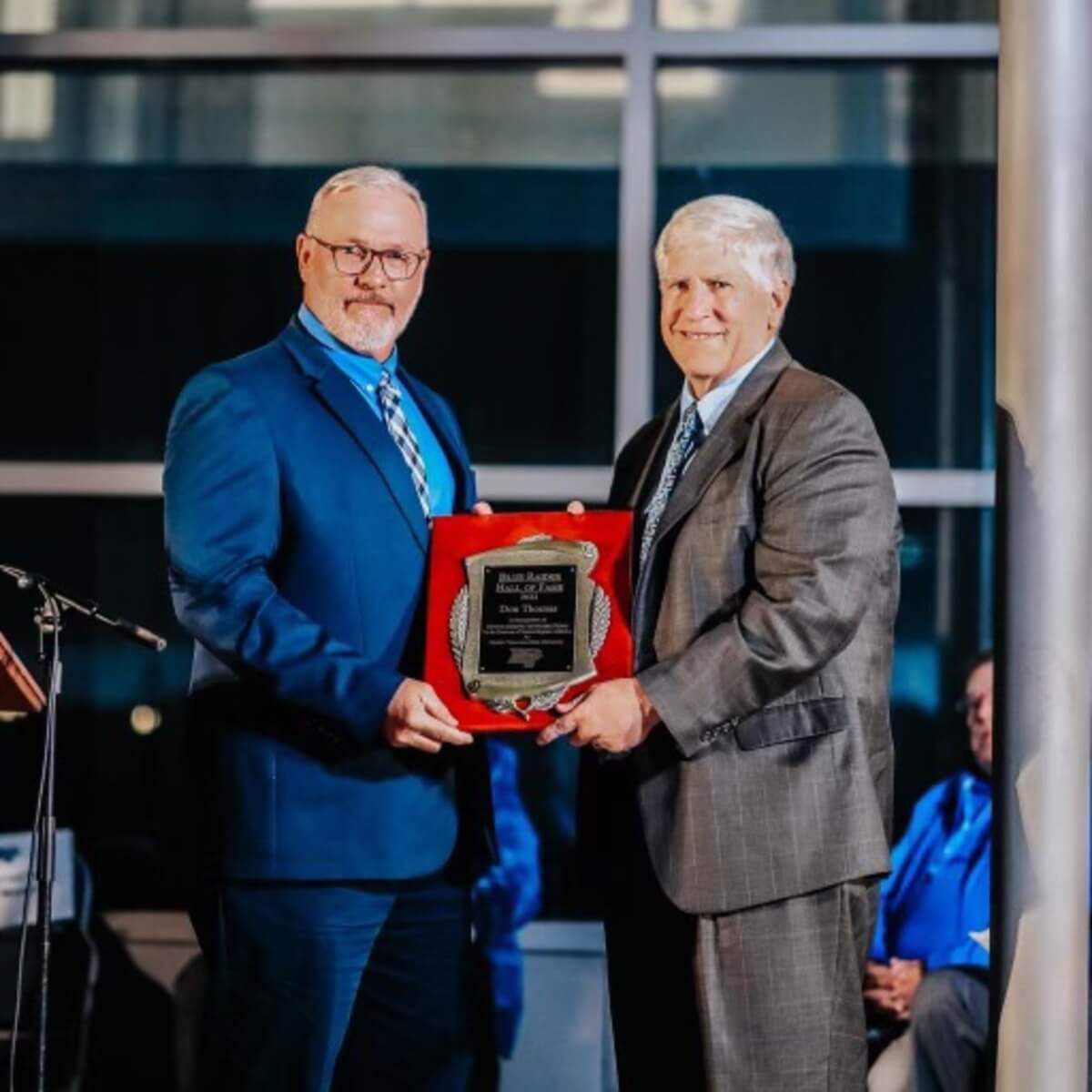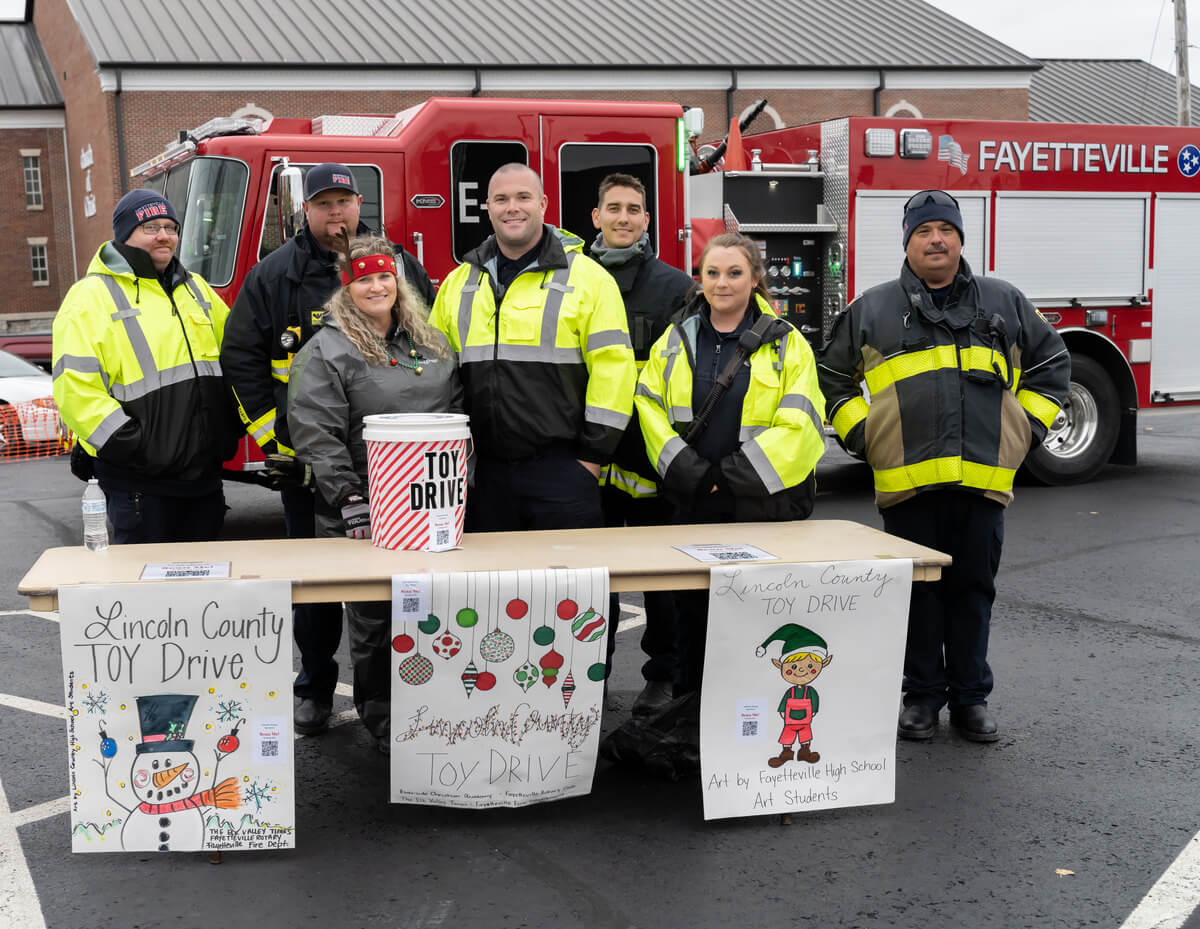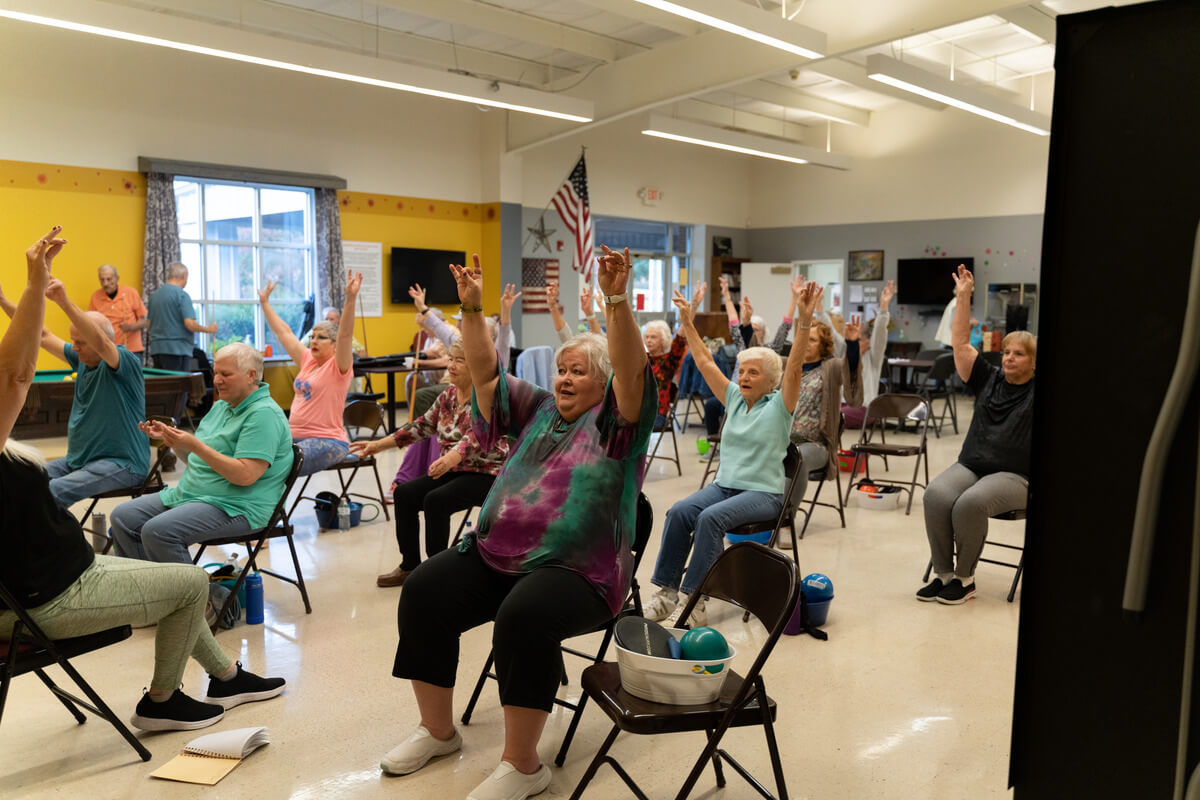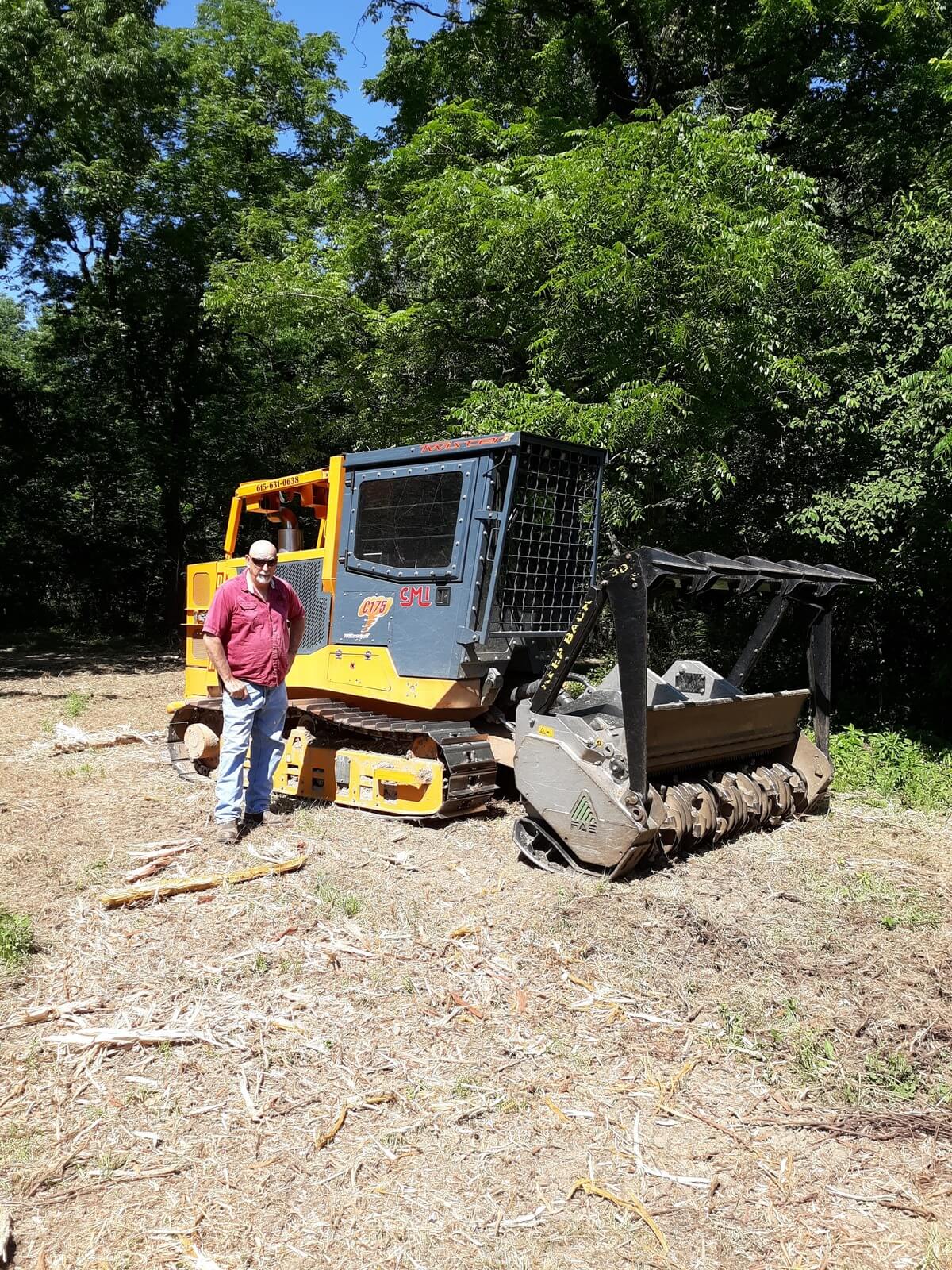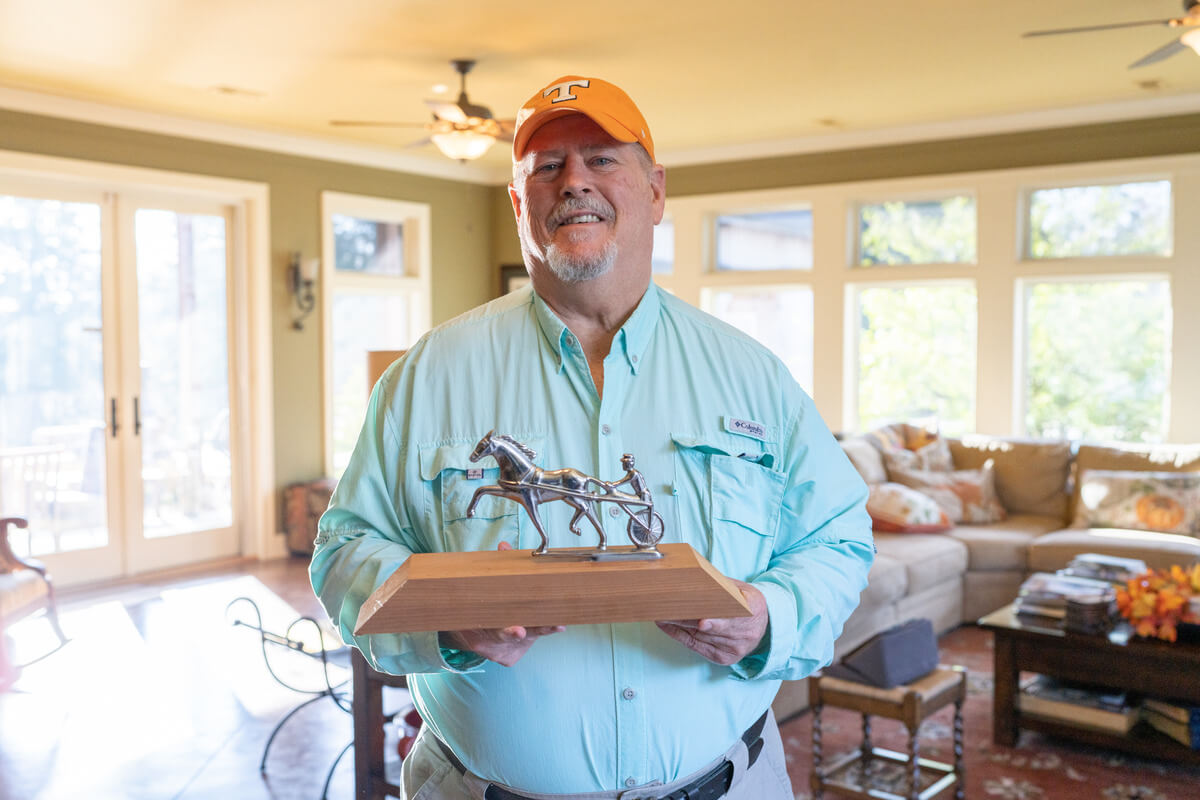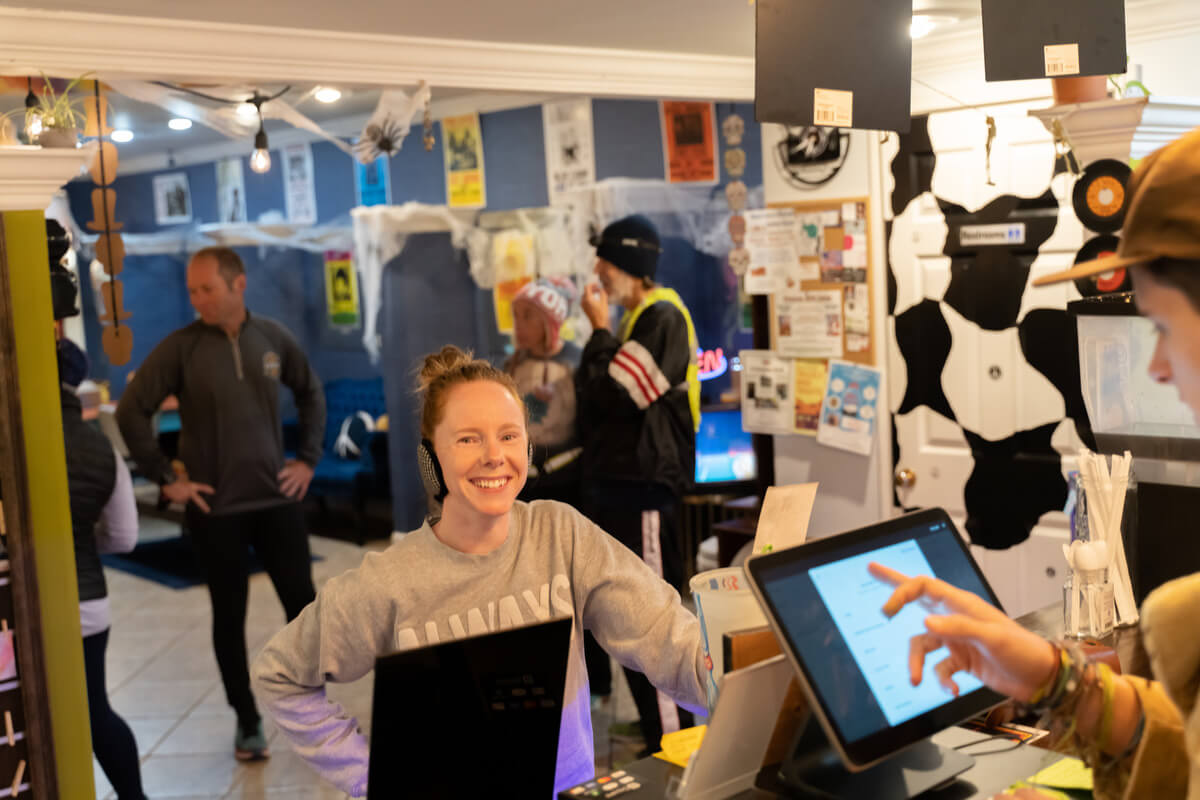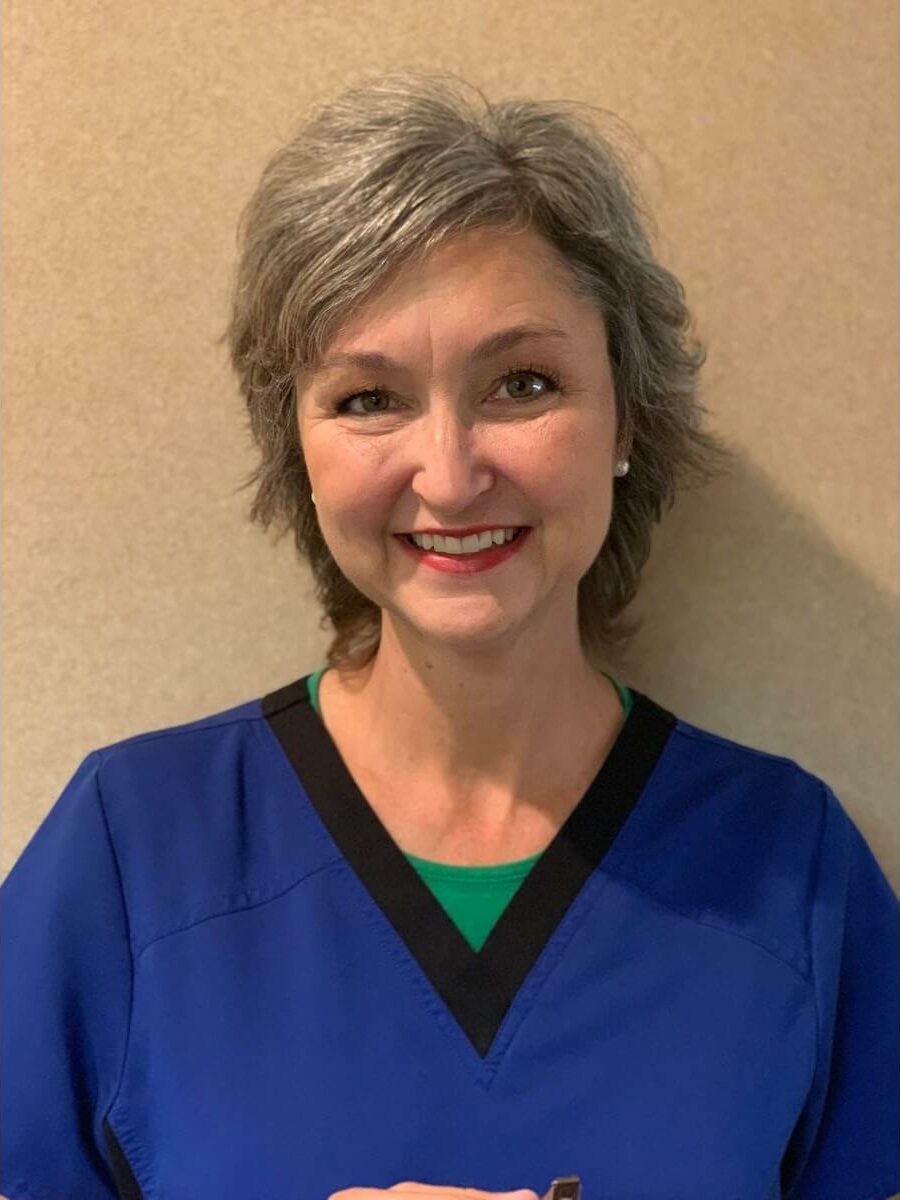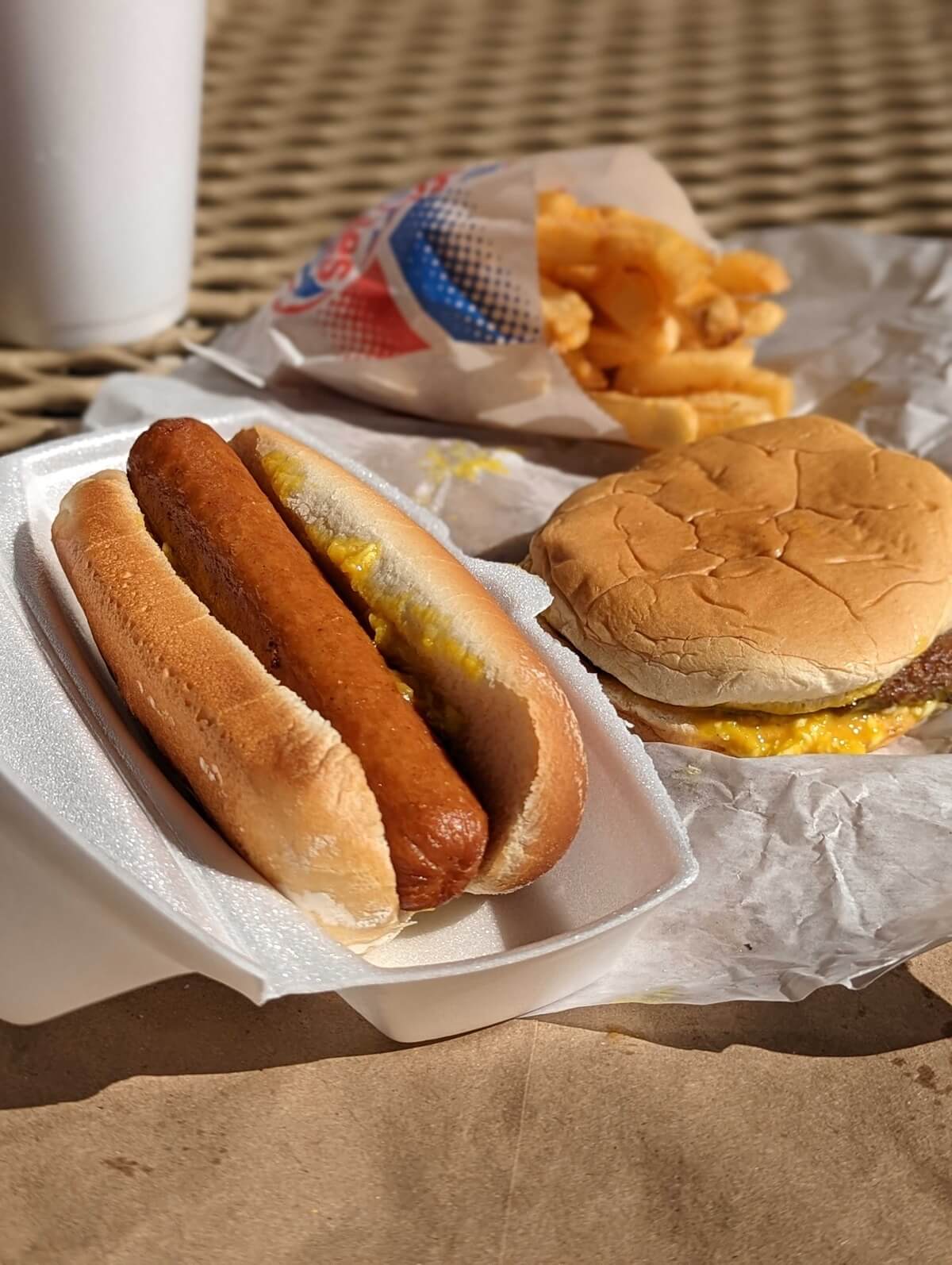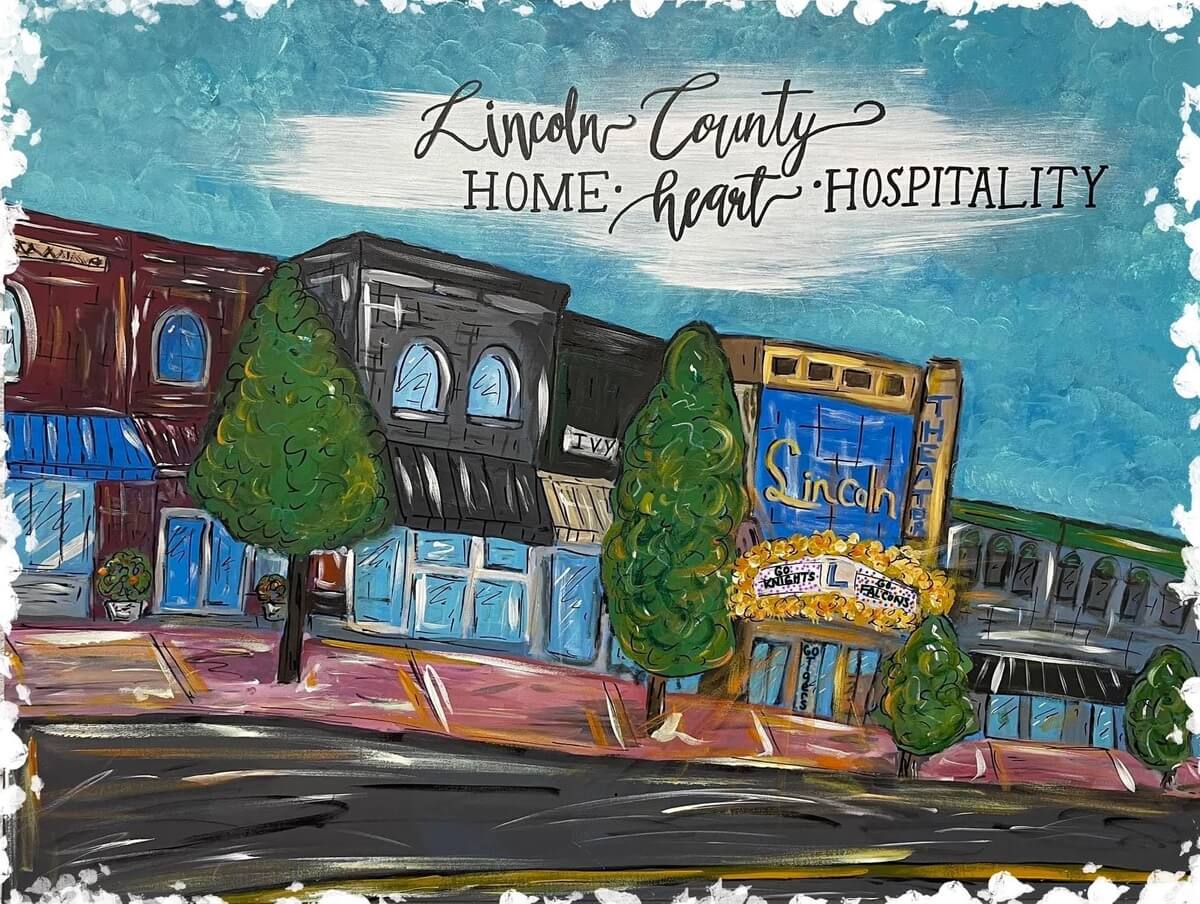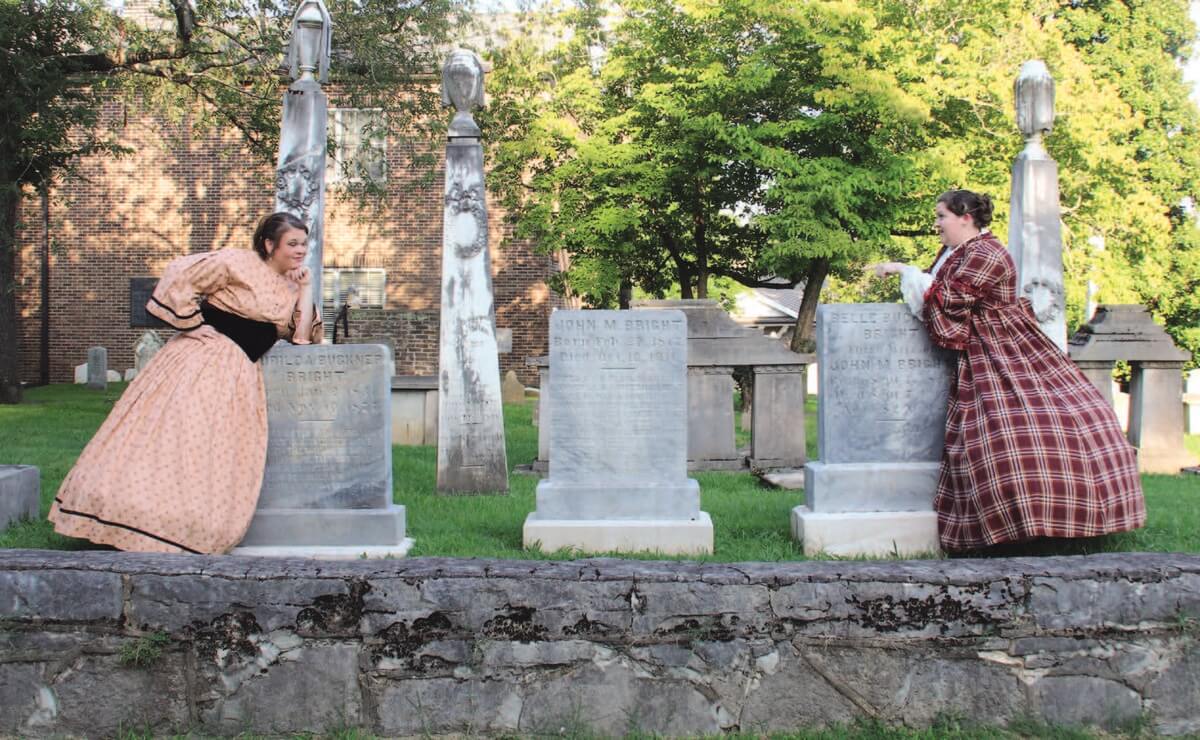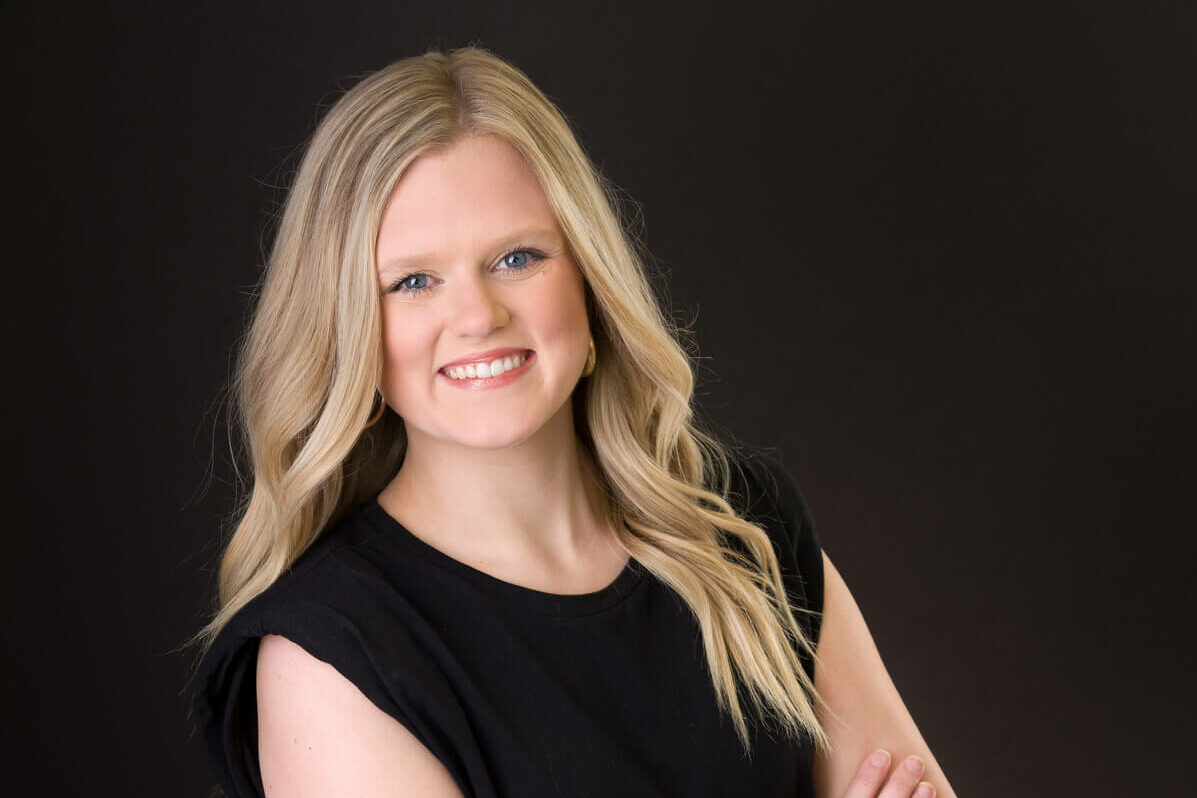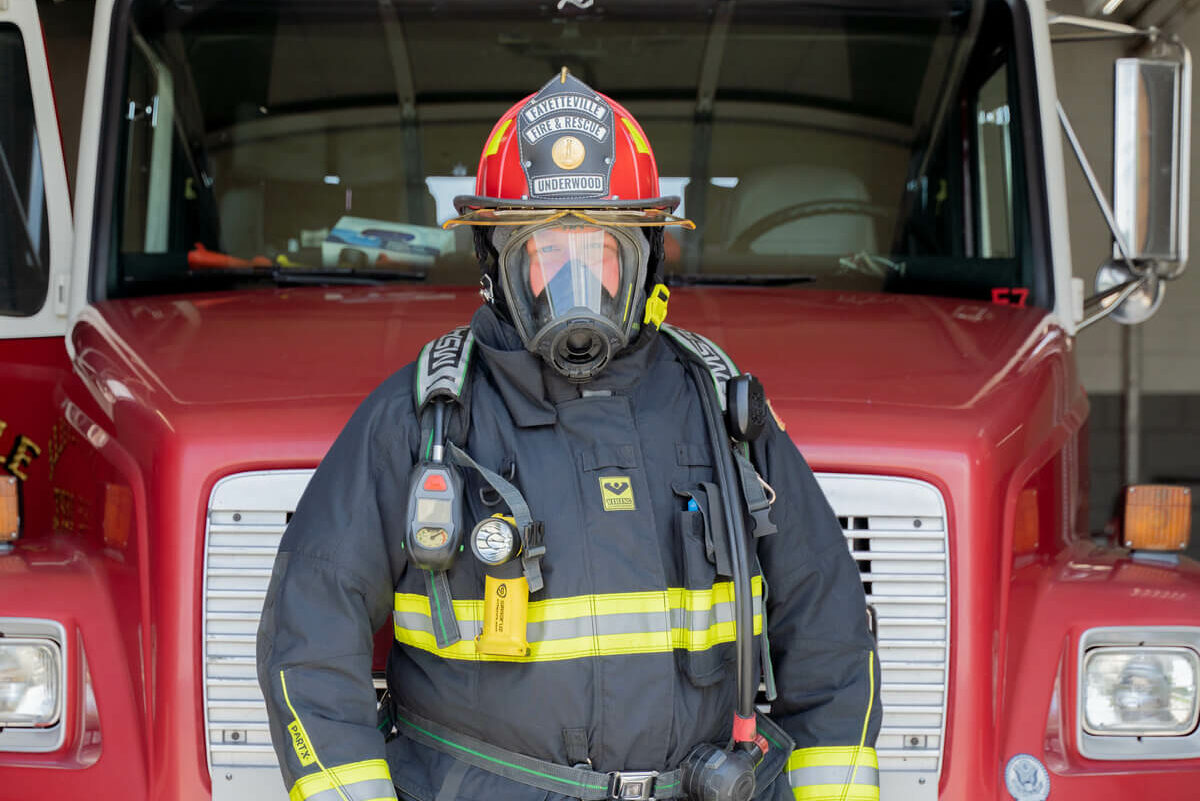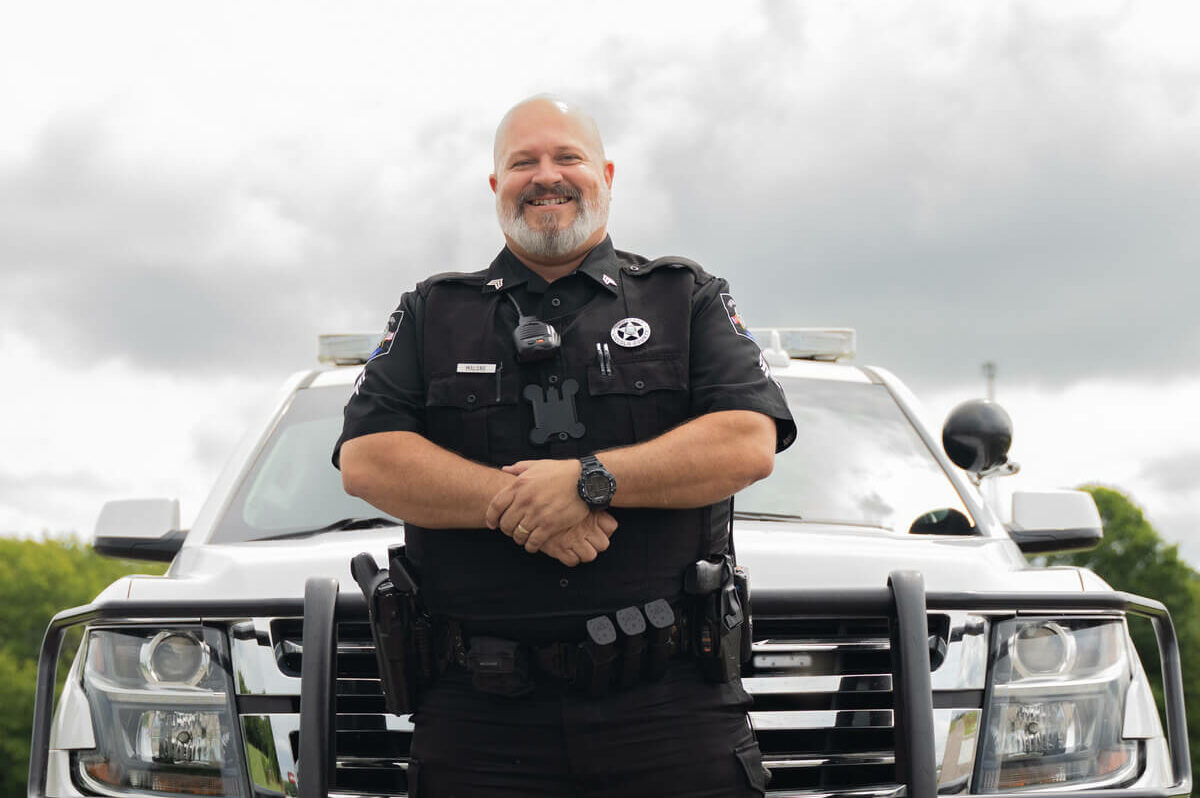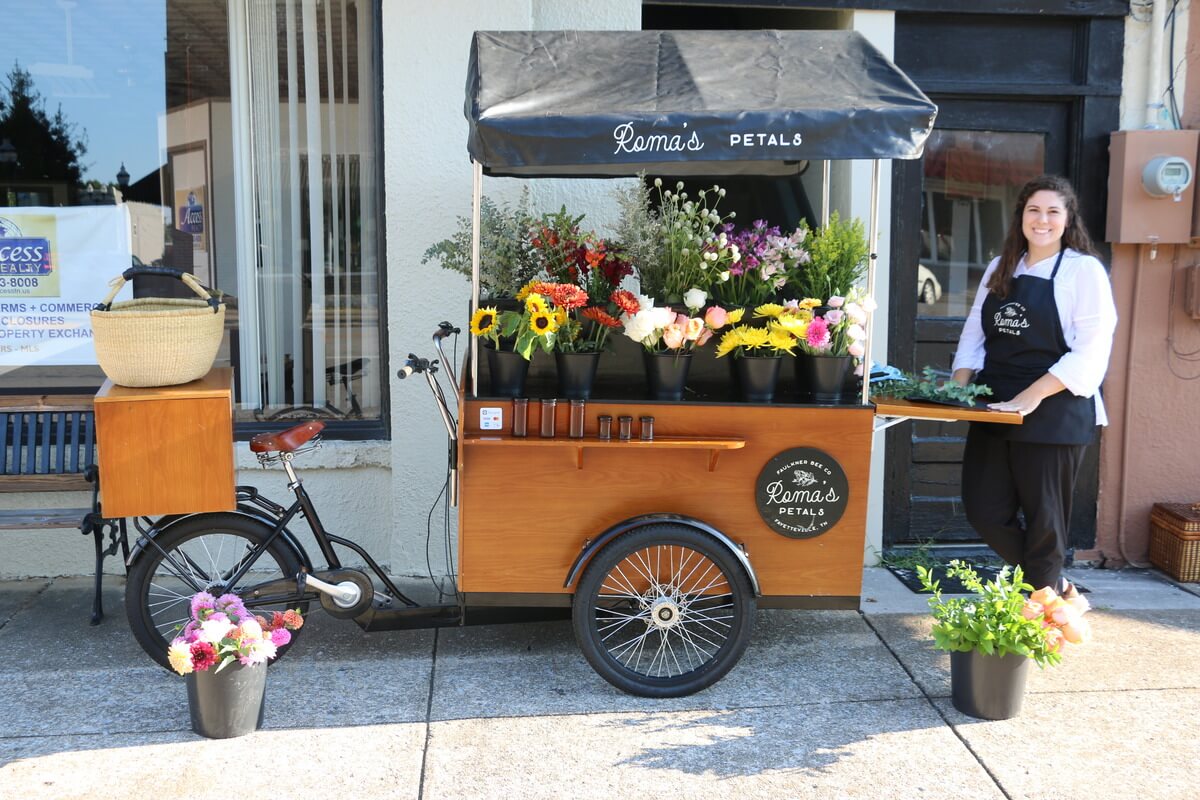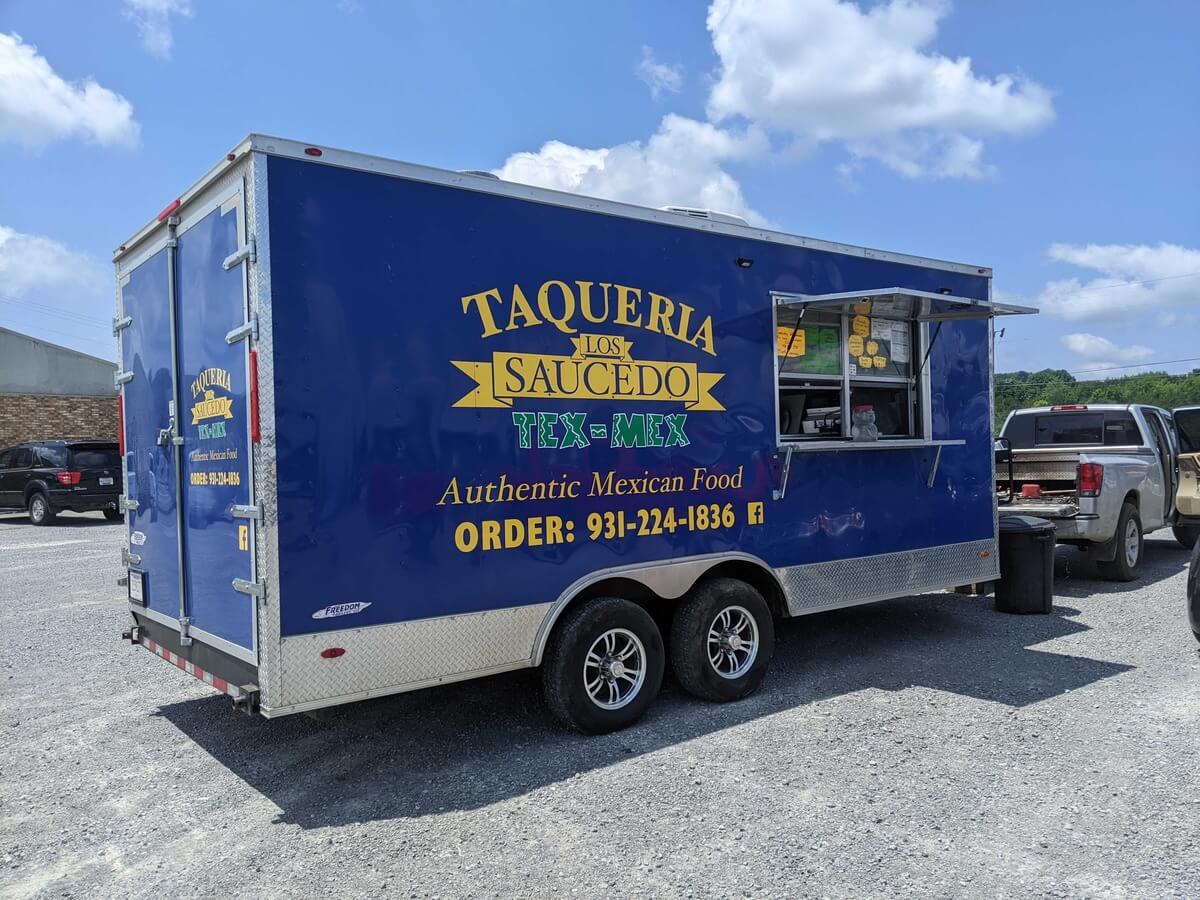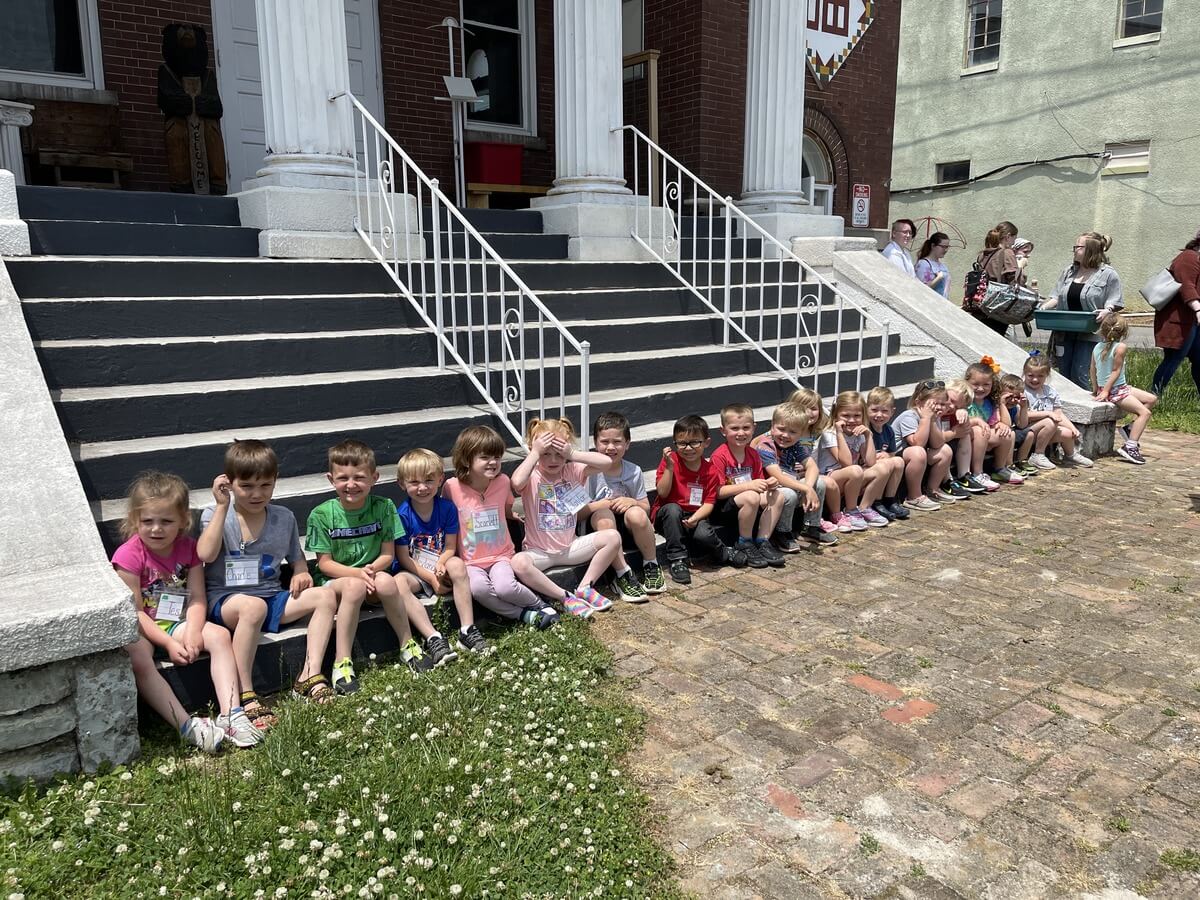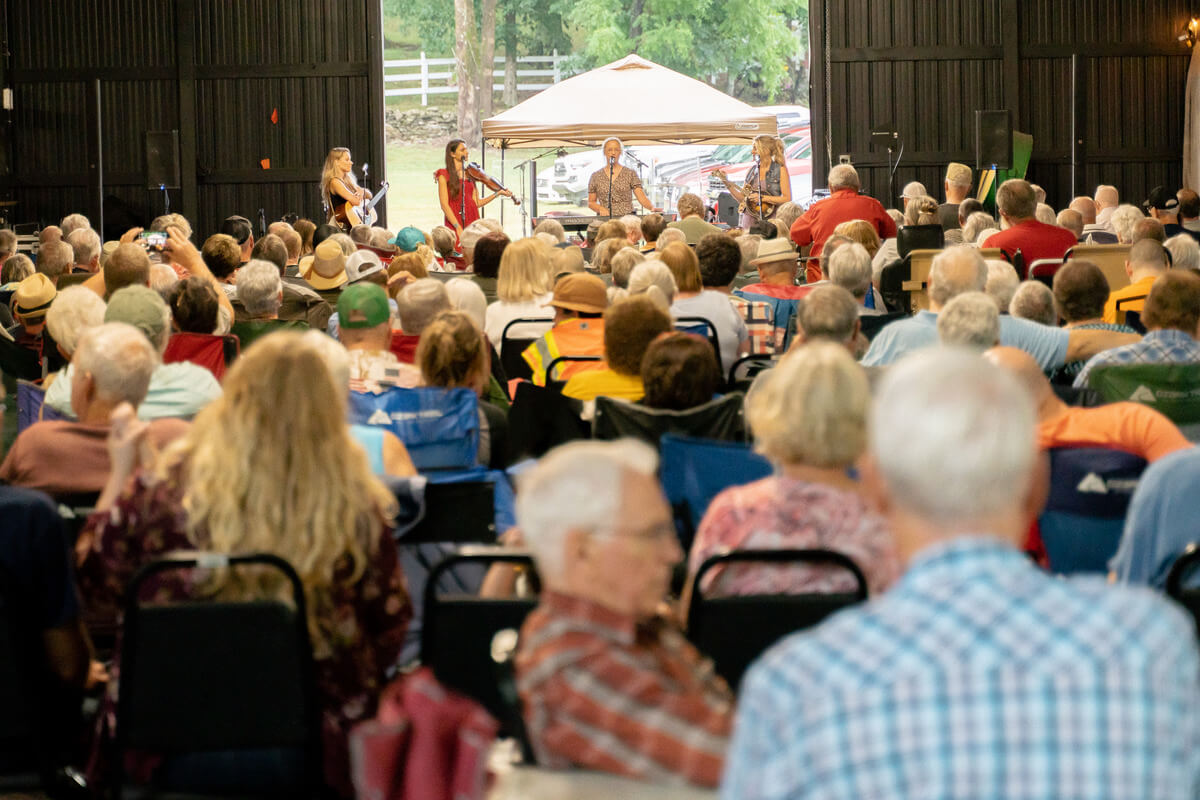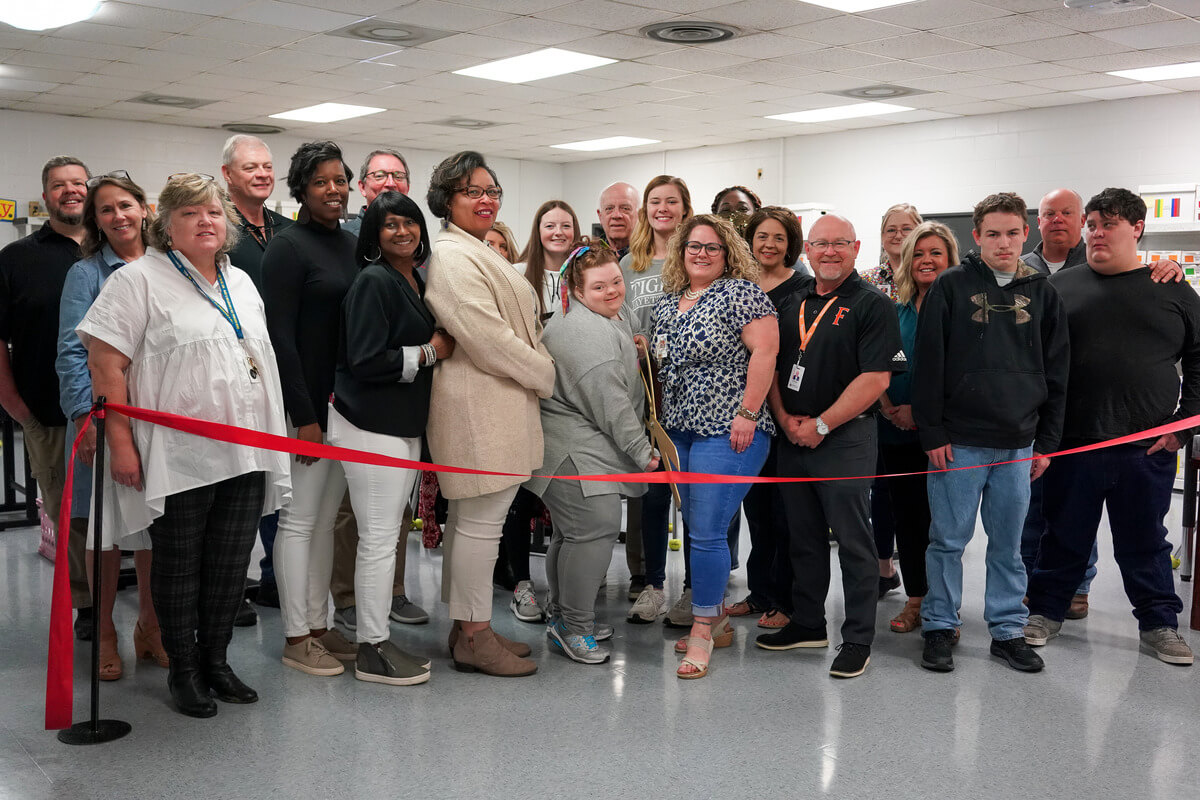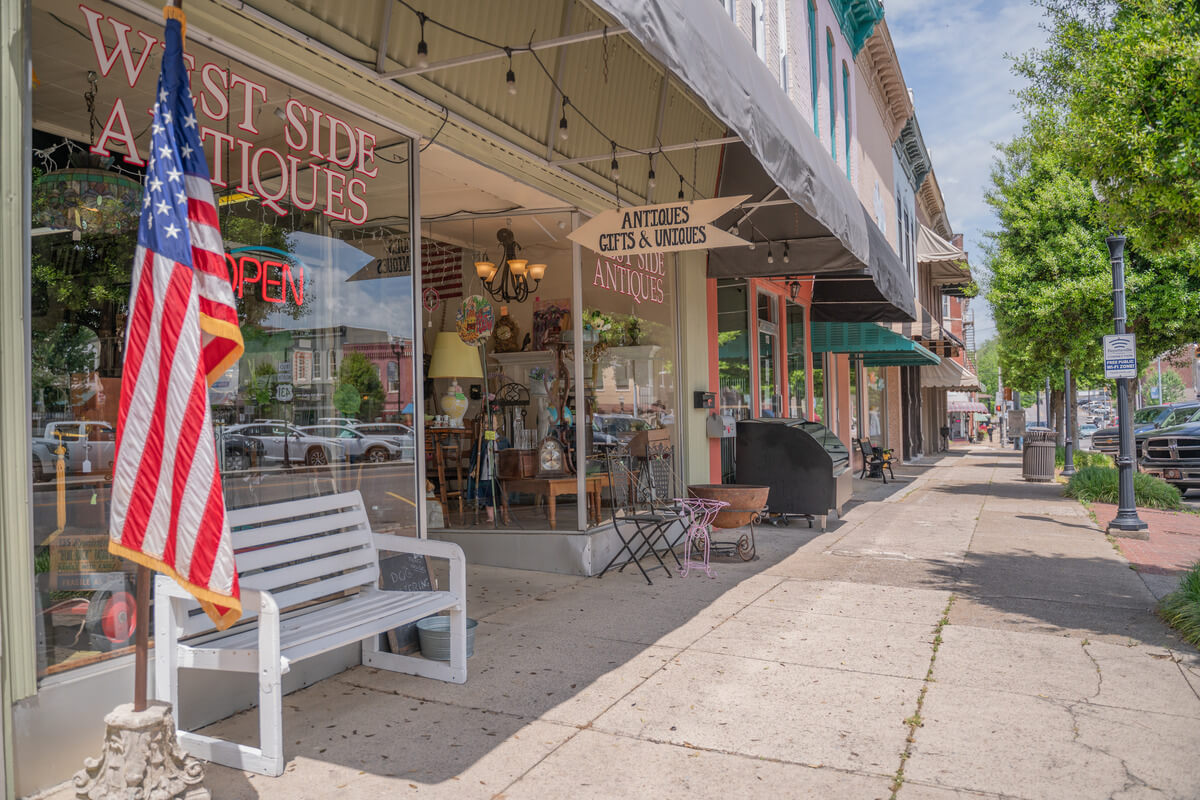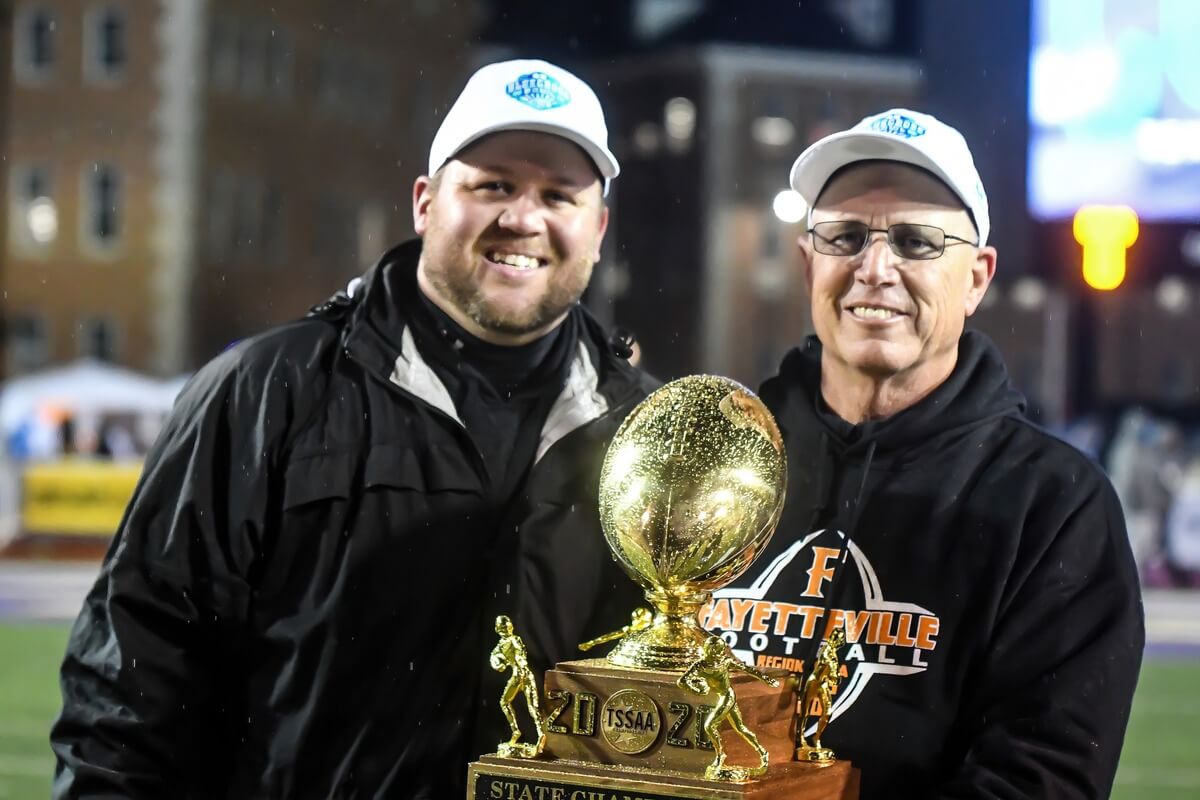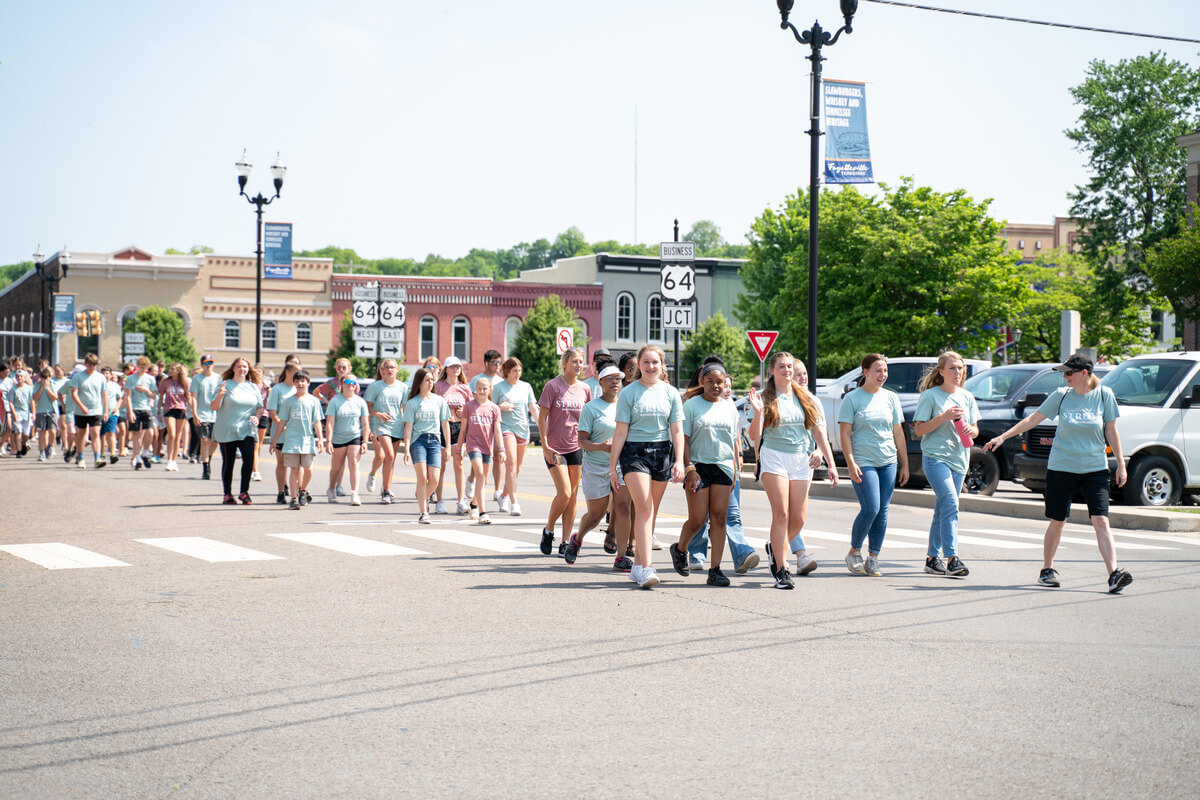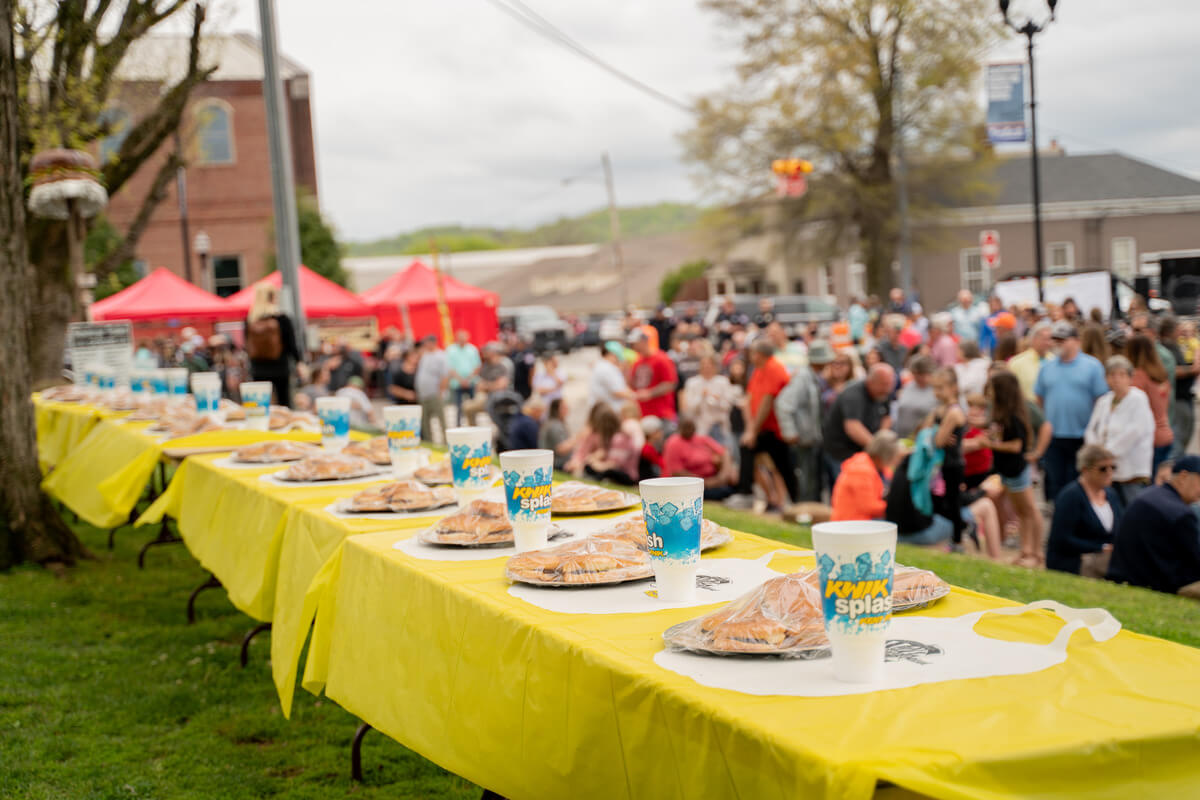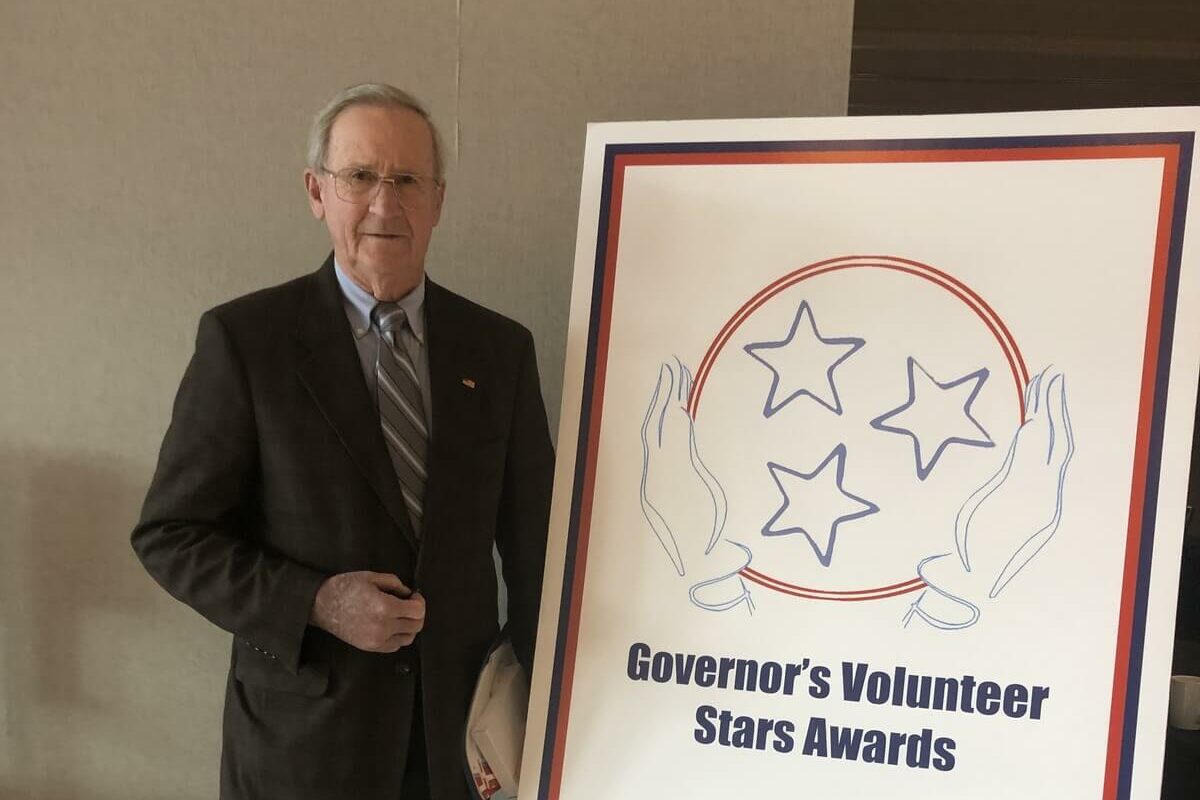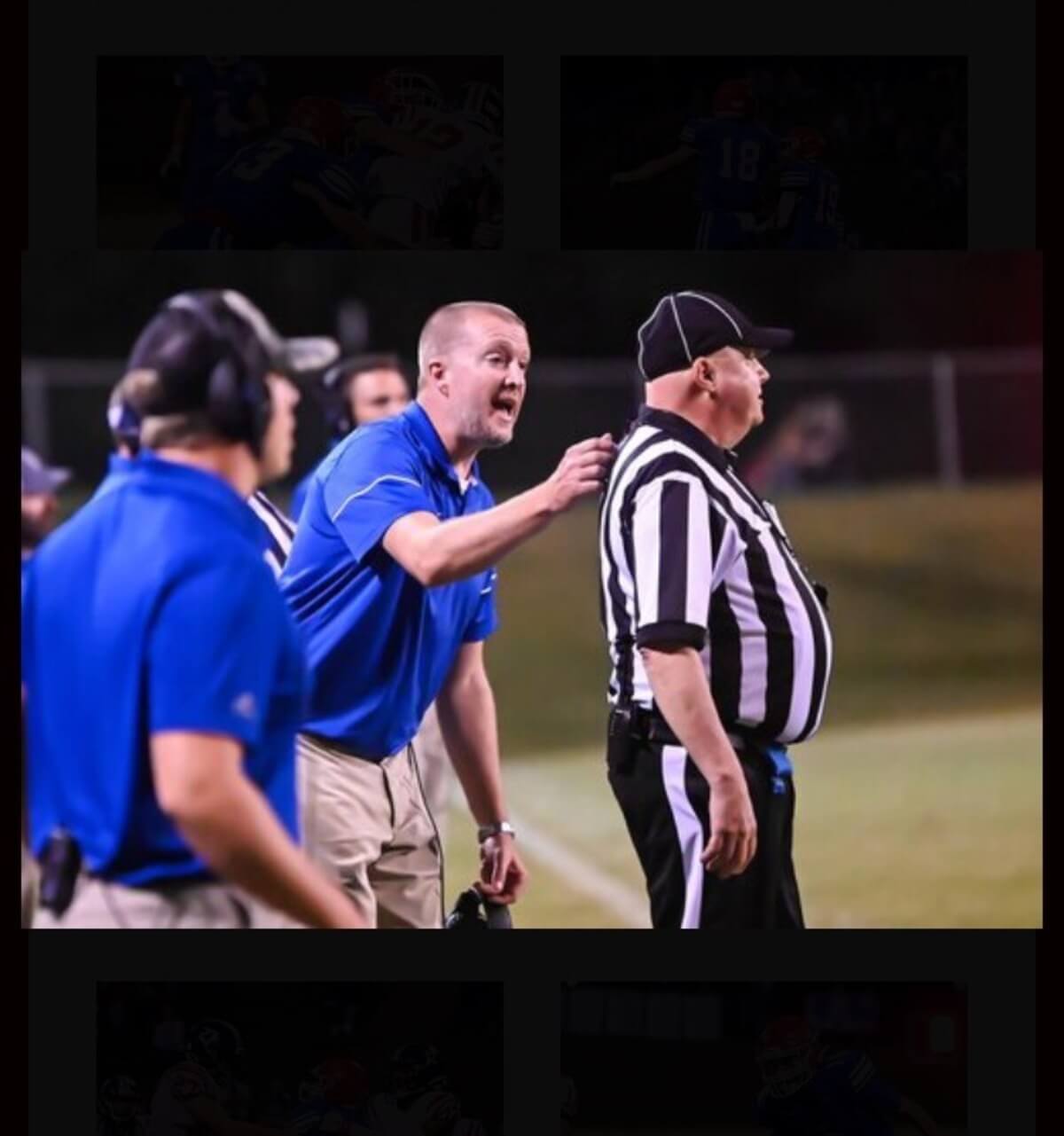IT WAS June Cleaver’s iconic wardrobe–what she wore while making breakfast, lunch, and dinner. She wore it when making up Beaver and Wally’s beds and vacuuming the floors. She wore it while talking on the couch with Ward, her high heels folded under her on the cushions. It was a shirtwaist dress, the uniform of working women and stay-at-home moms, especially in the 50s.
The dress, named for combining a classic tailored men’s style button- up shirt with a long skirt belted at the waist, became widely popular as mass manufacturing took off in the United States. According to jasperconrad.com, Vogue declared the shirtdress “An American Institution” in 1938, moving the dress from uniform to everyday wear. In the 40s, the style was simple cuts making them more economical to manufacture. Later that decade, the end of rationing, fuller and pleated skirts, collars, decorative buttons, and a nipped-in waistline moved the dress into more glamorous designs, expanding its versatility into the 50s and following decades.
Known less to the rest of the country is the fact that a substantial number of those dresses were manufactured in rural Fayetteville, Tennessee. And not just the shirtwaist dress. Various dresses, pantsuits, and women’s athletic wear came to life here, from the bolt to the hanger.
The original Serbin manufacturing facility opened in August 1937 as L.N. Gross & Company. Brothers John and Lou Serbin bought the business in 1949, changed the name to Serbin, and operated under the leadership of Lou Serbin. In 1954, James Marion Malone was promoted to vice president, and in 1958, he became president and a partner with the Serbin brothers.
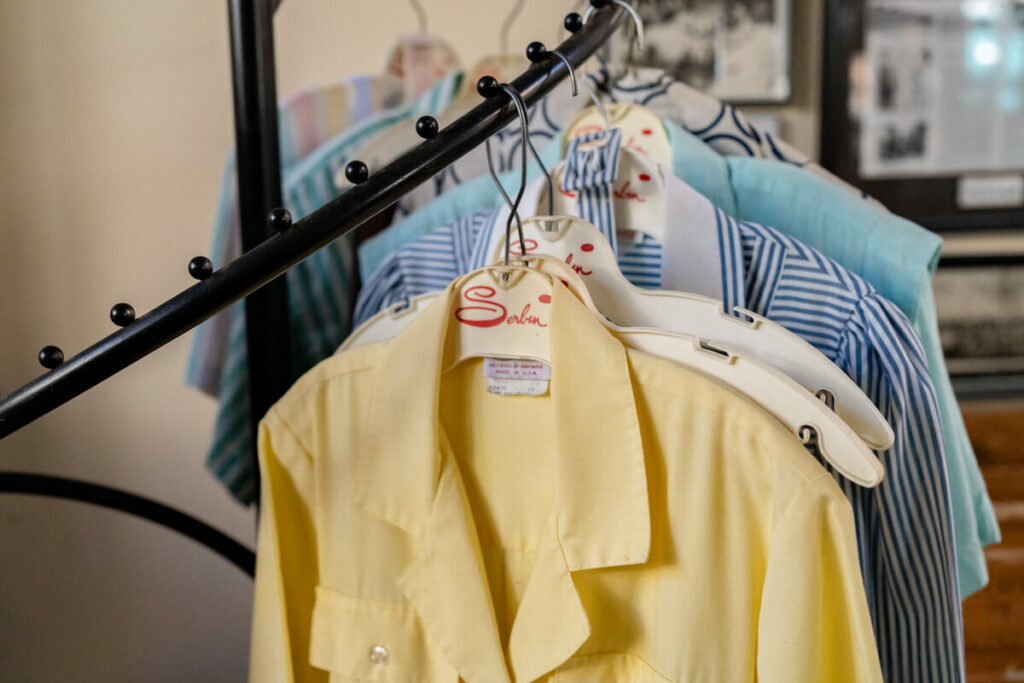
Mr. Malone’s son, James ( Jim) Marion Malone, Jr., worked in the sales department in the 70s and recalled Serbin reps calling on stores from home-owned dress shops to Saks Fifth Avenue and everything in between.
Jim said, “Buyers for every major department store in the country would come to Fayetteville. The ones on the West Coast stopped here on their way to New York. They would fly into Nashville, and we’d pick them up and bring them here, where they would shop for their stores. We’d then take them back to Nashville, and they’d fly on to New York. The East Coast stores would do it in reverse. They would fly to Nashville from East Coast, come here and shop, and then we’d send them back to Nashville, where they’d go on to California. Nobody knew that Bullock’s in California would come to Fayetteville, two or three times a year to do a lot of their purchasing.”
From the cutting room to the sewing room to the shipping department, Serbin employed countless Lincoln County residents through the years, so much so that everyone knows someone who worked at Serbin.
“I saw one of the people that worked at Serbin recently,” Jim said, “and I asked her what she remembered most about Serbin, and she said, ‘We were like family.’”
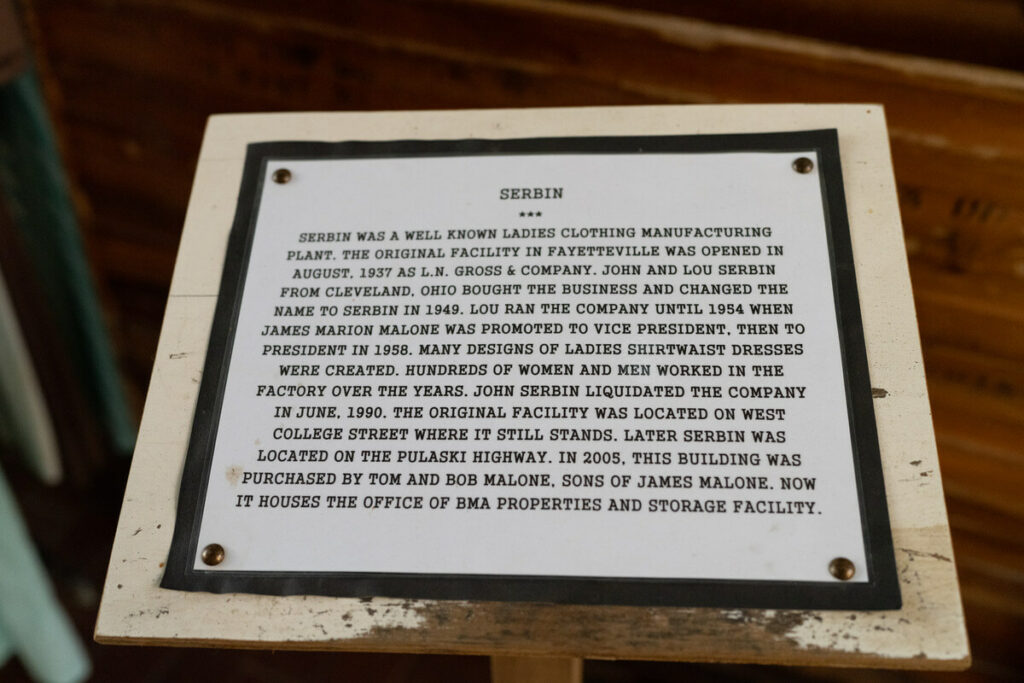
Jim recalled the different units always celebrating birthdays and having Christmas dinner together. The benefits offered by the company exceeded those common at the time, such as group health insurance coverage and flexibility for time off to care for family before the enactment of the family leave act.
Helen Clark, who worked at Serbin for 20 years, agrees.
“It was a family thing and a very nice place to work. Mr. Malone was a very nice man and would walk through and talk to us occasionally. Everyone was so good to each other,” Clark said.
Clark’s work family helped her during her husband’s heart surgery— something she’ll never forget. “Back then, I didn’t know anybody that had heart surgery, and I was scared to death. When he came home from the hospital, my living room was full of groceries they had brought me. It was getting close to Christmas, and I don’t know what I’d have done without it.”
The Serbin seamstresses, like June Cleaver, wore their dresses and jewelry to work.
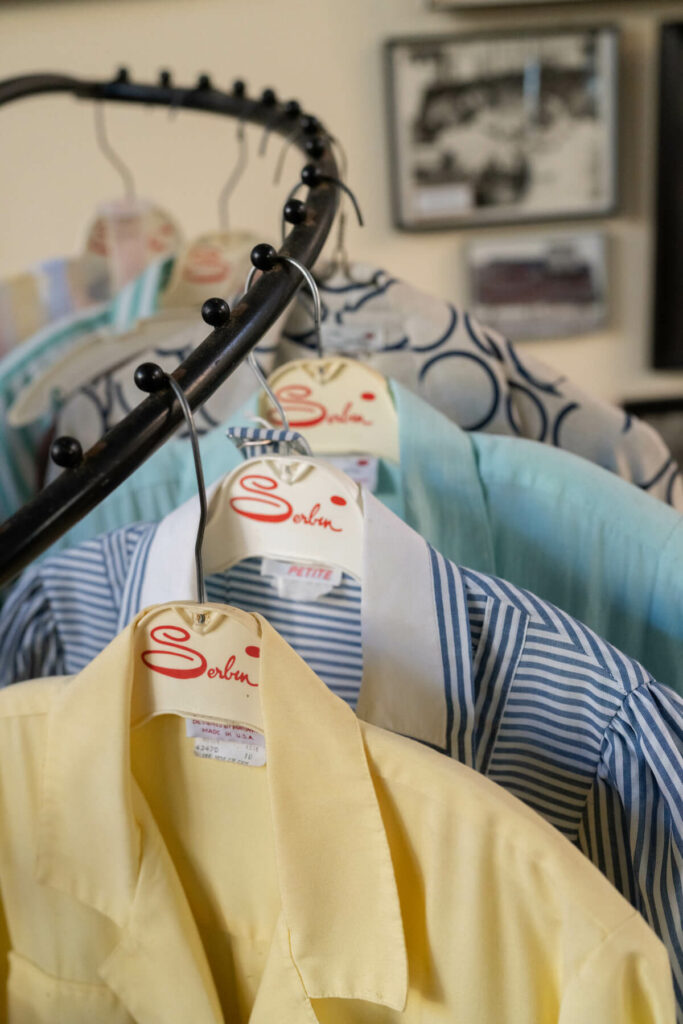
“You put your hose on, your good shoes on, and you’d look nice for work every morning when you went in,” she said.
Mr. Malone saw the Fayetteville community as his family and was a forward-thinker.
“Dad was a big promoter of industrial development and one of the founders of the Chamber of Commerce. He was the kind of guy that promoted local industry even though he knew it was his competition. In many ways, he was ahead of his time, installing the latest computer systems at the plant when computers were still a rarity,” Jim said.
So womenswear connected the world to a small rural Tennessee town, and Mr. Malone and Serbin connected to Fayetteville. GN




